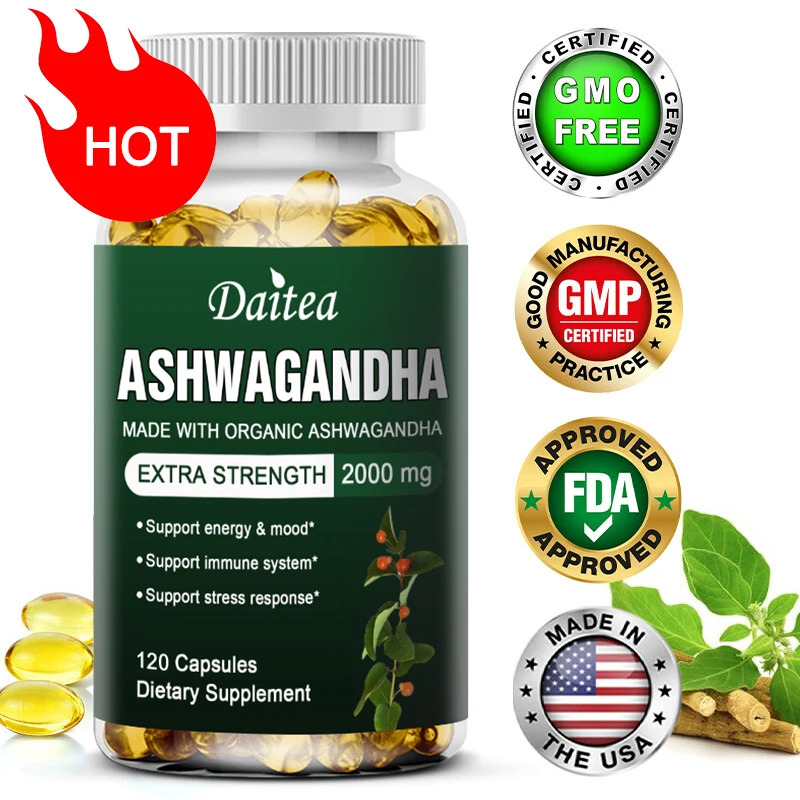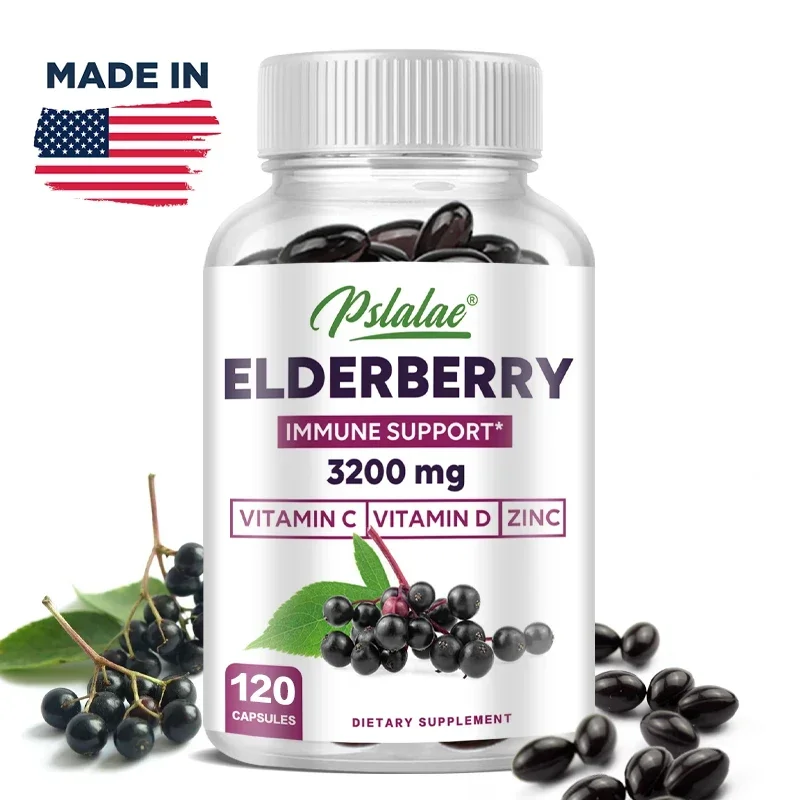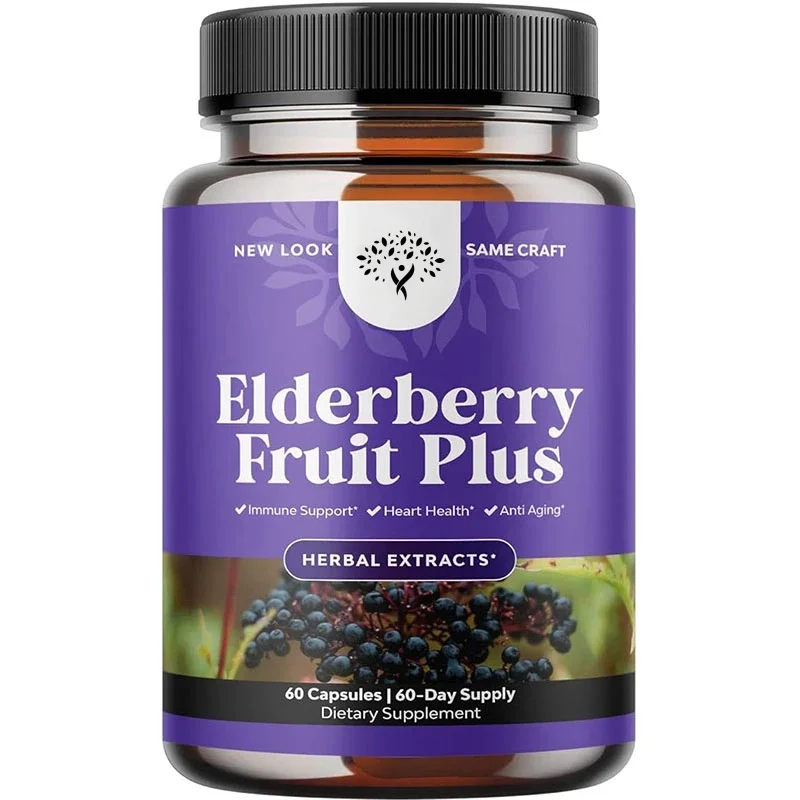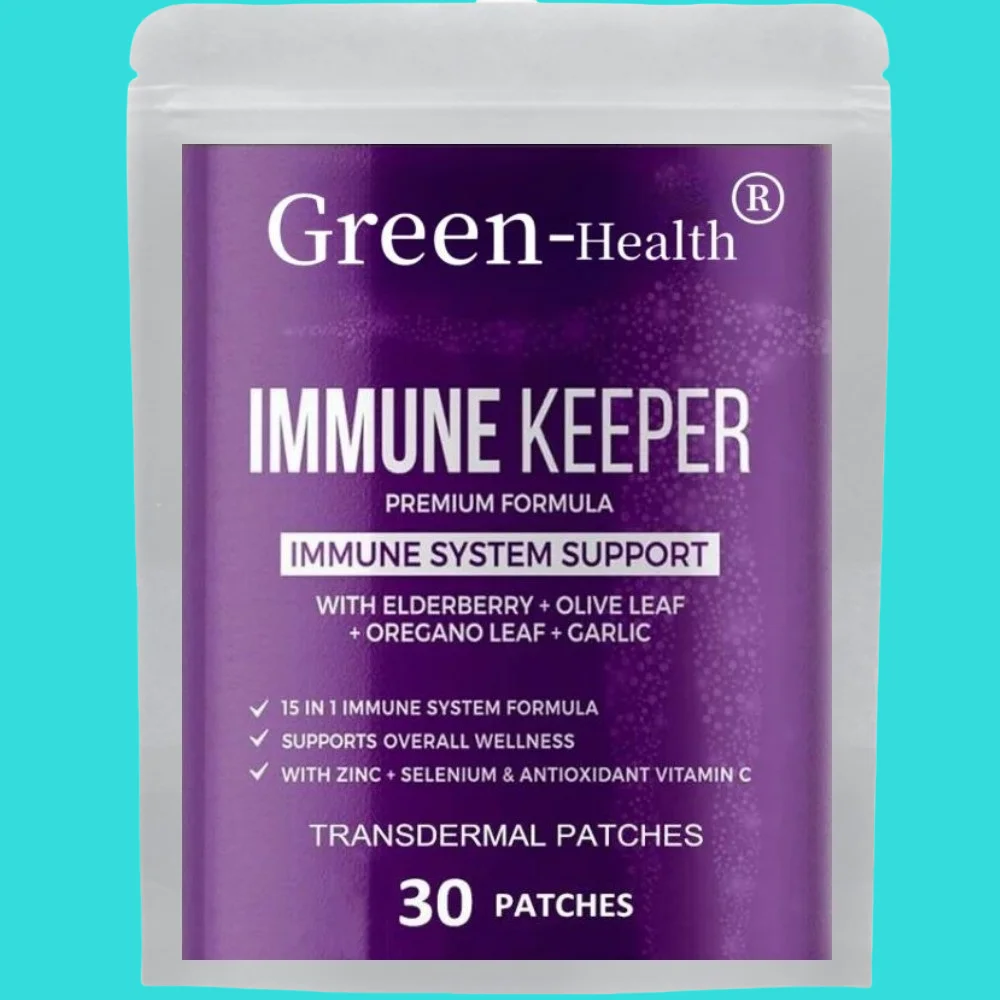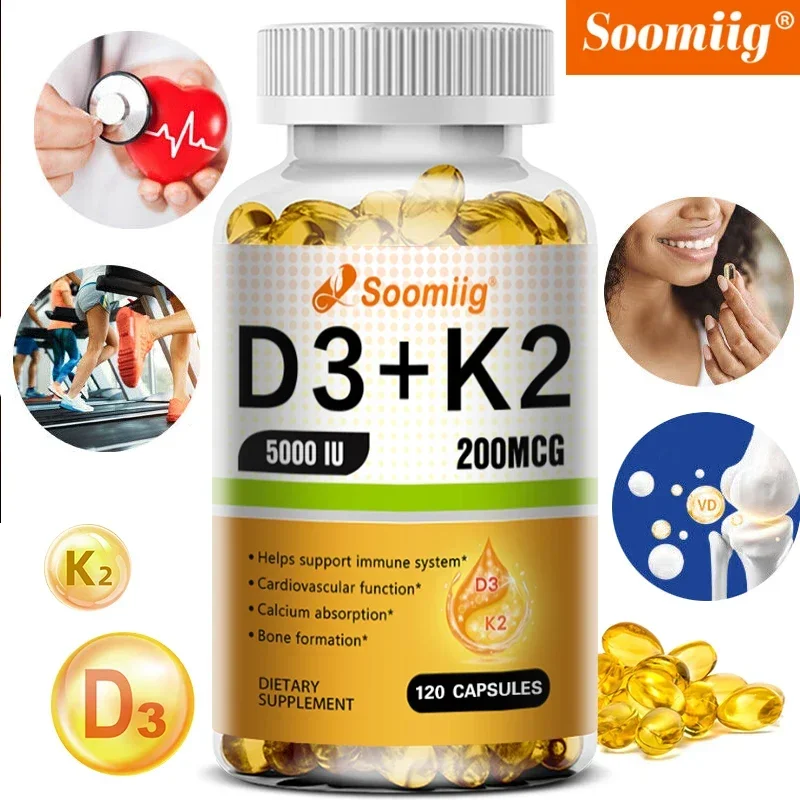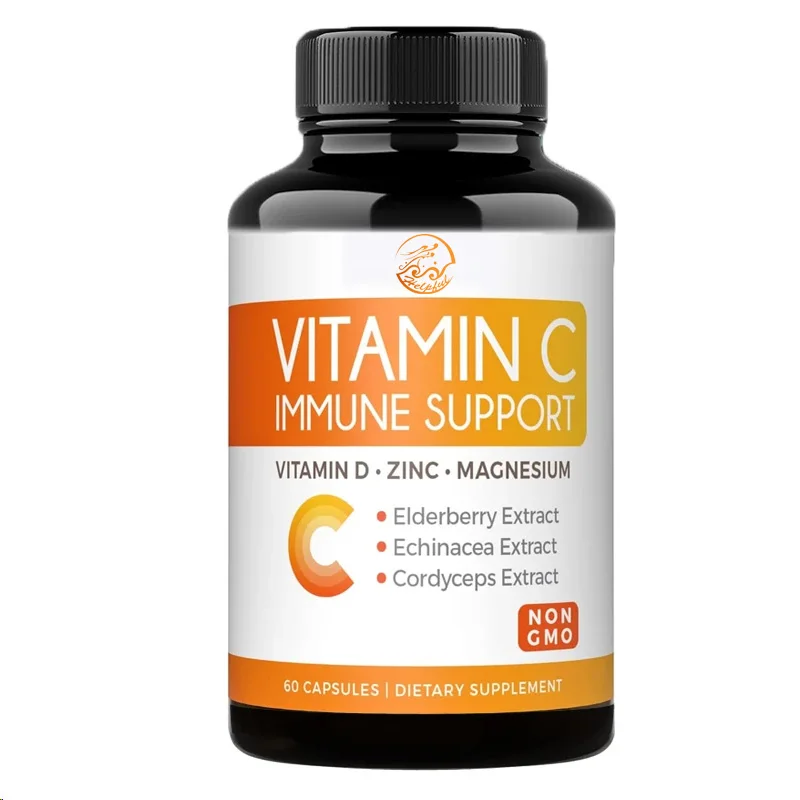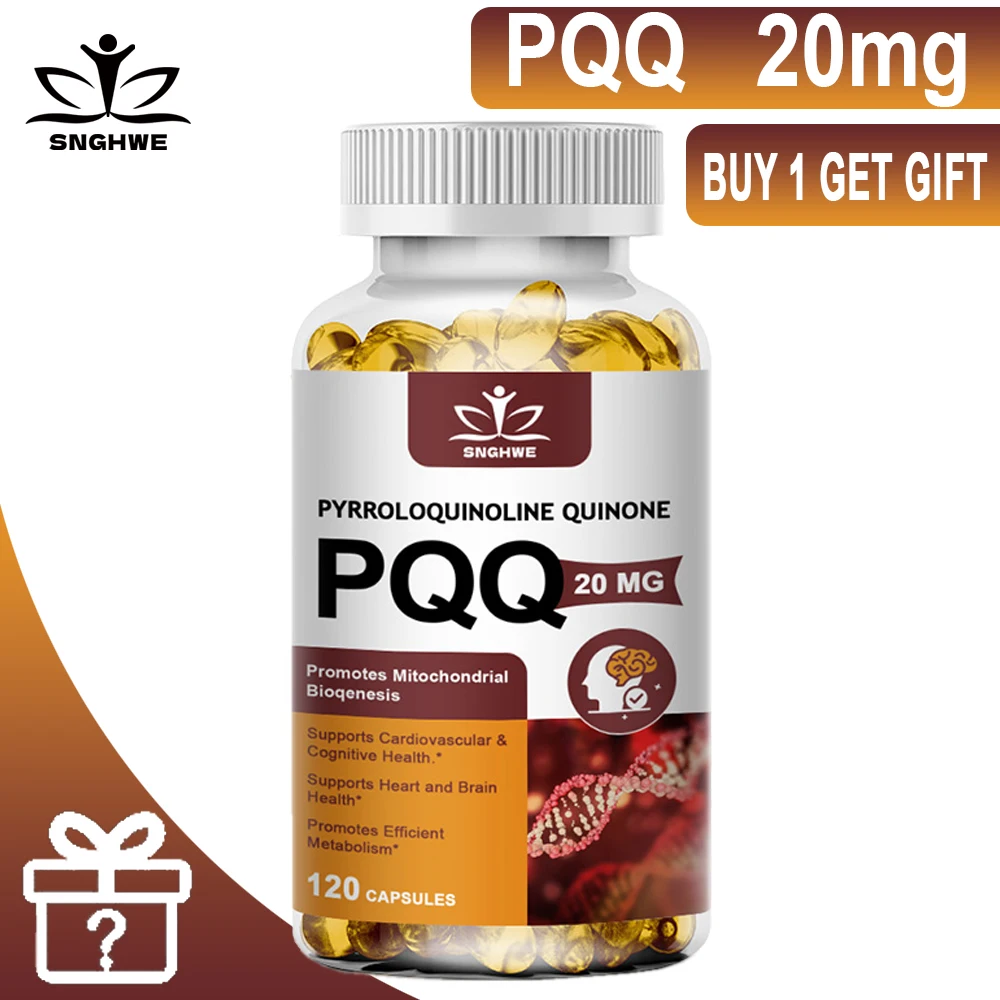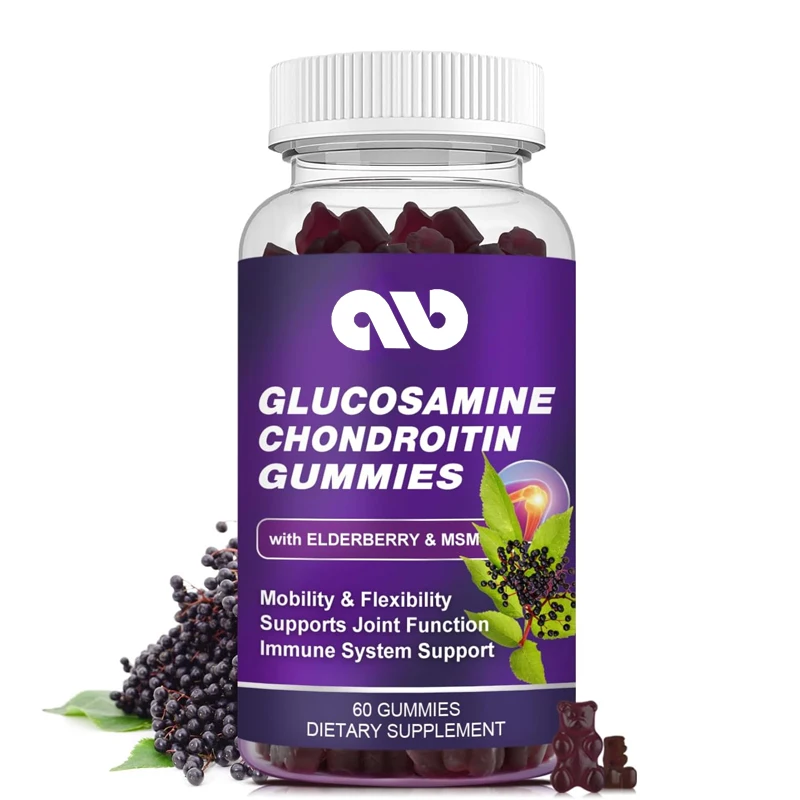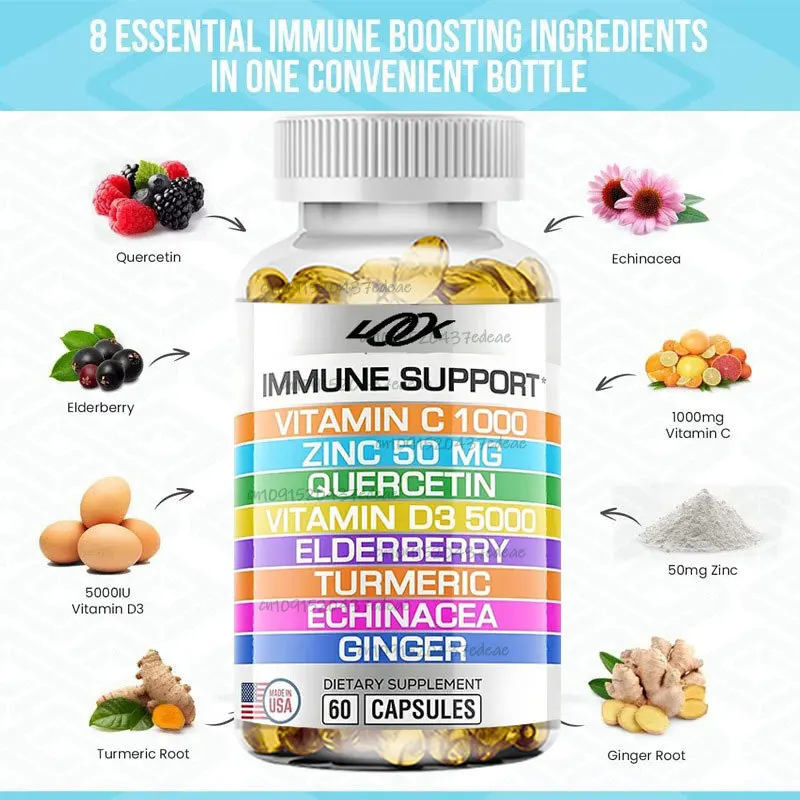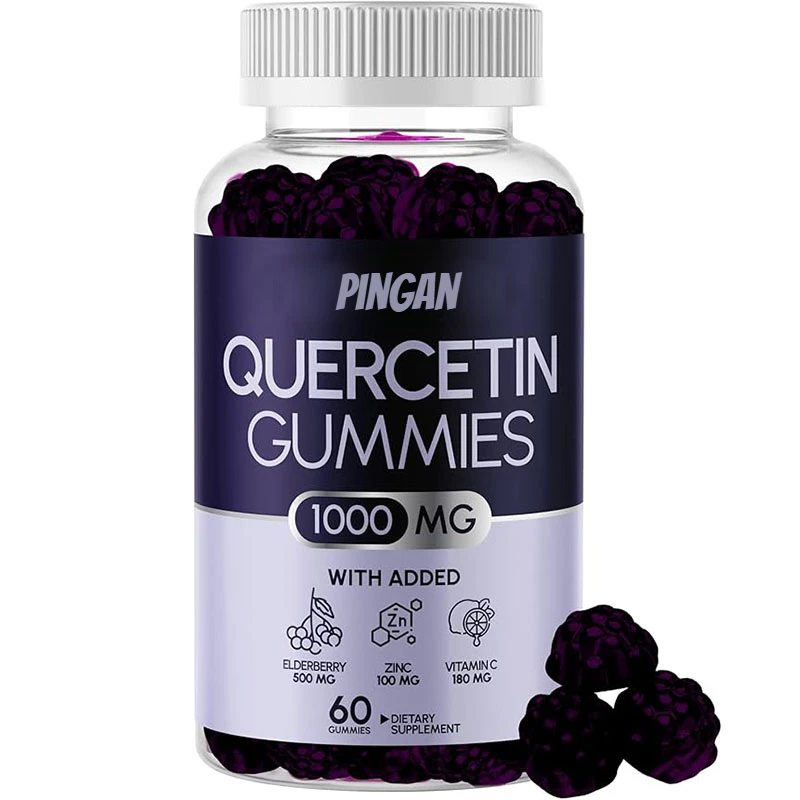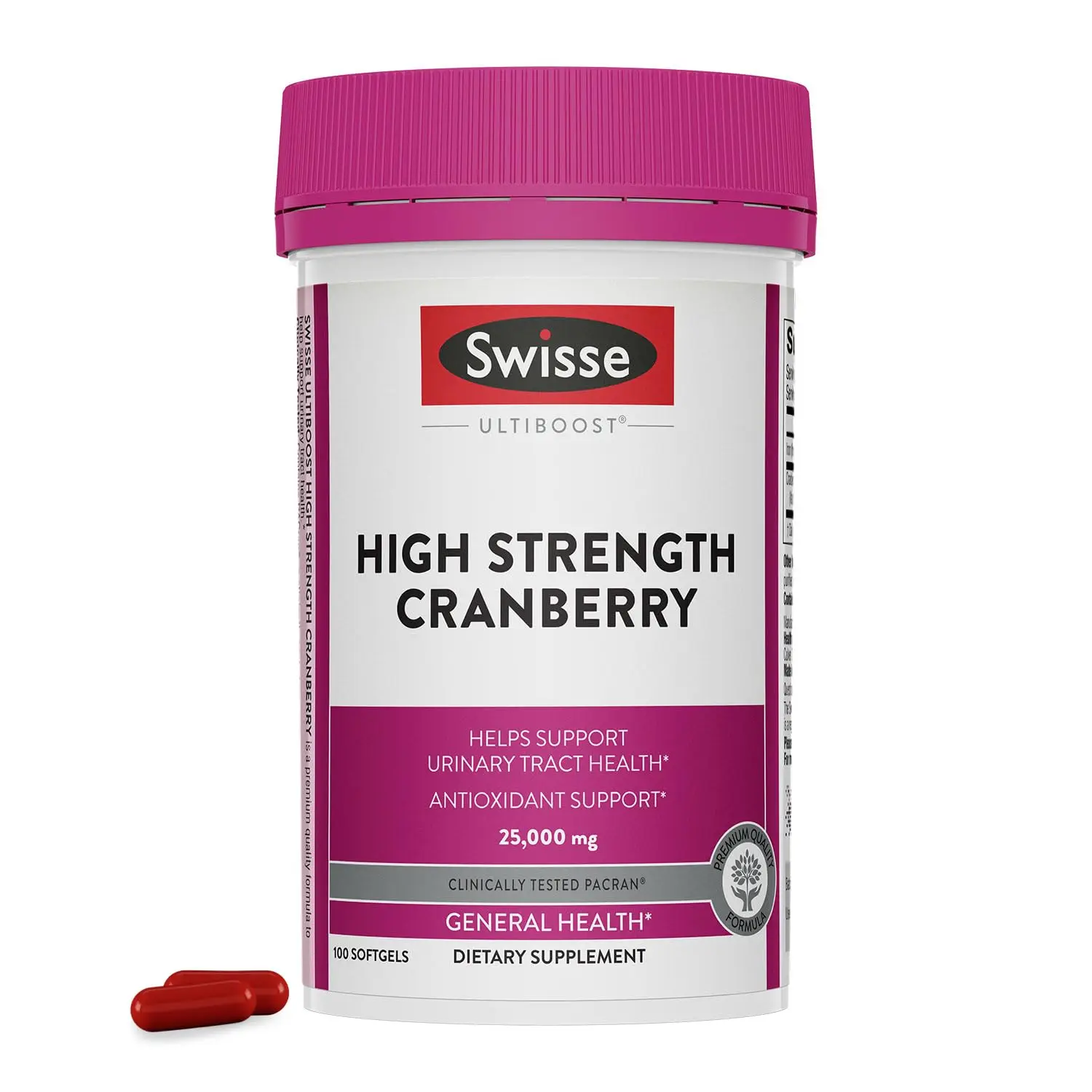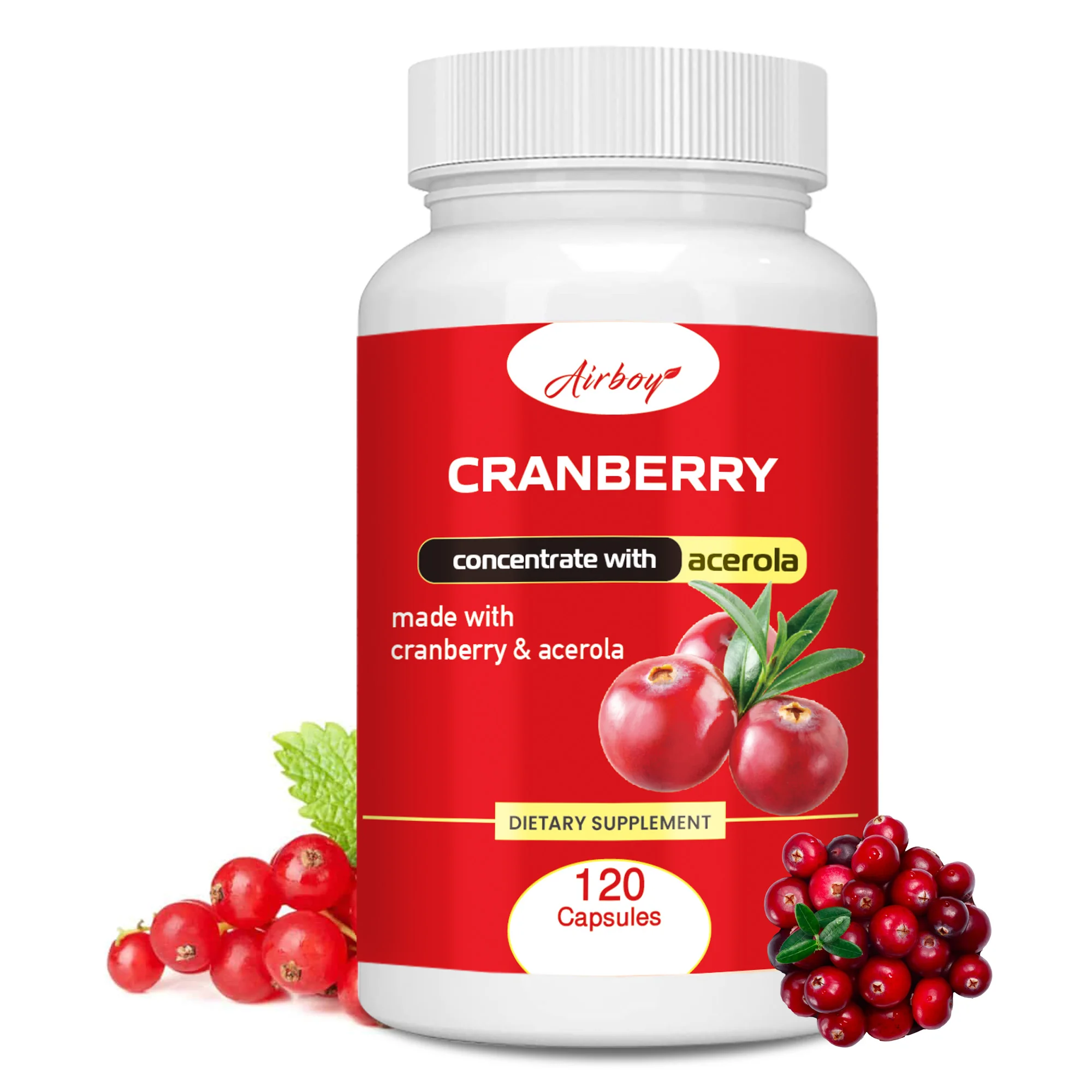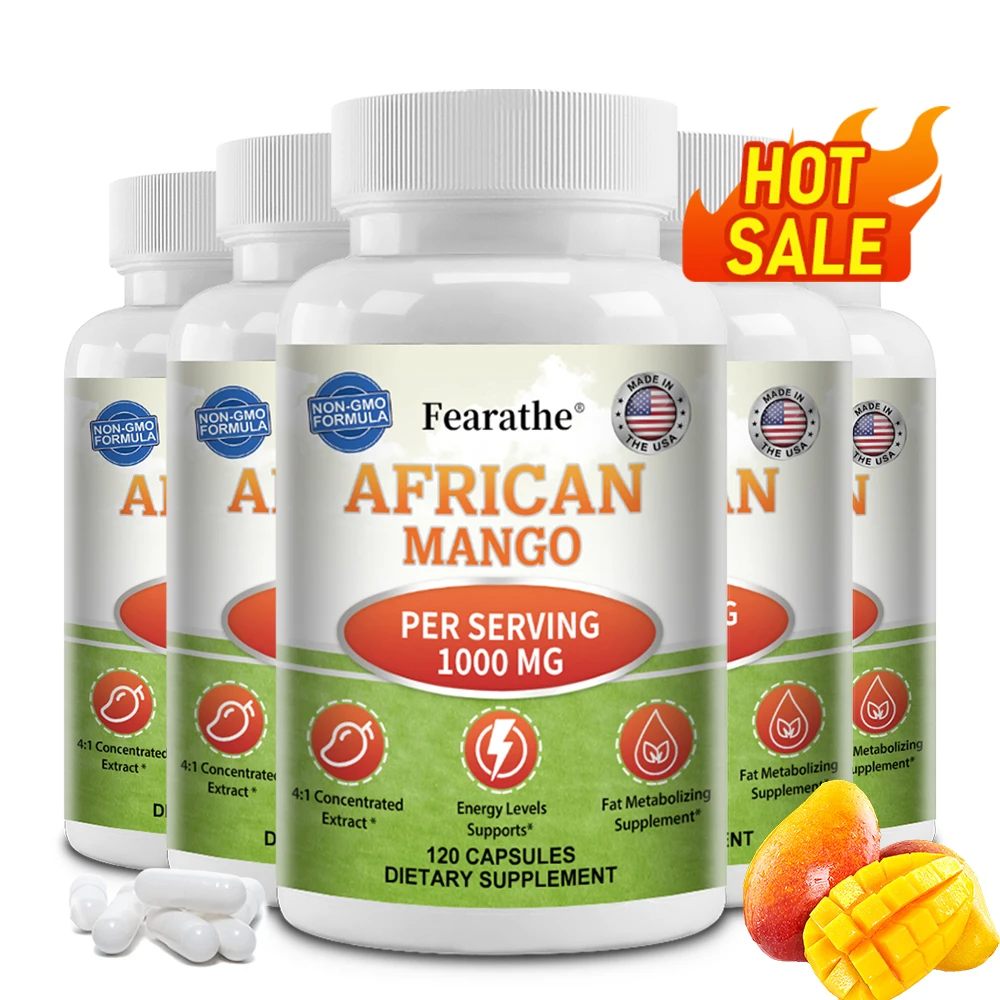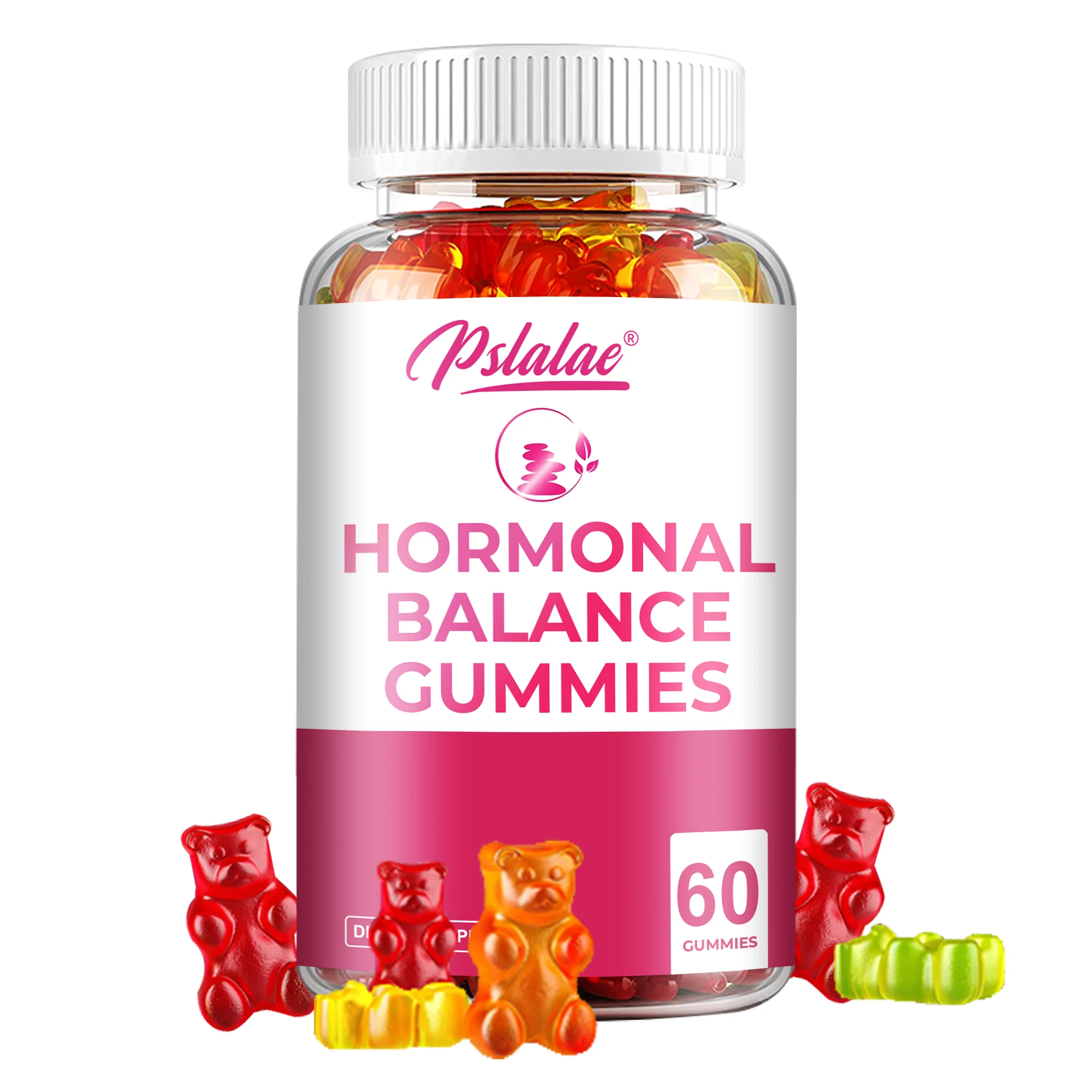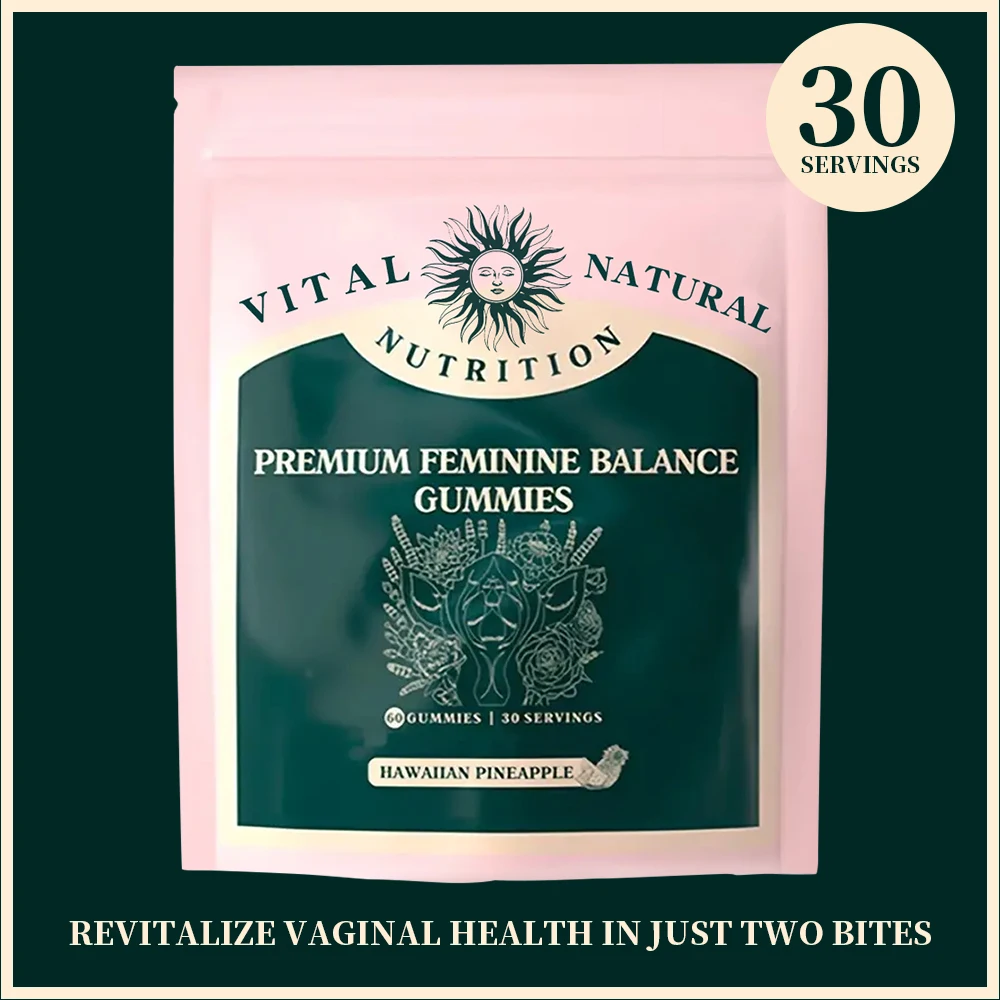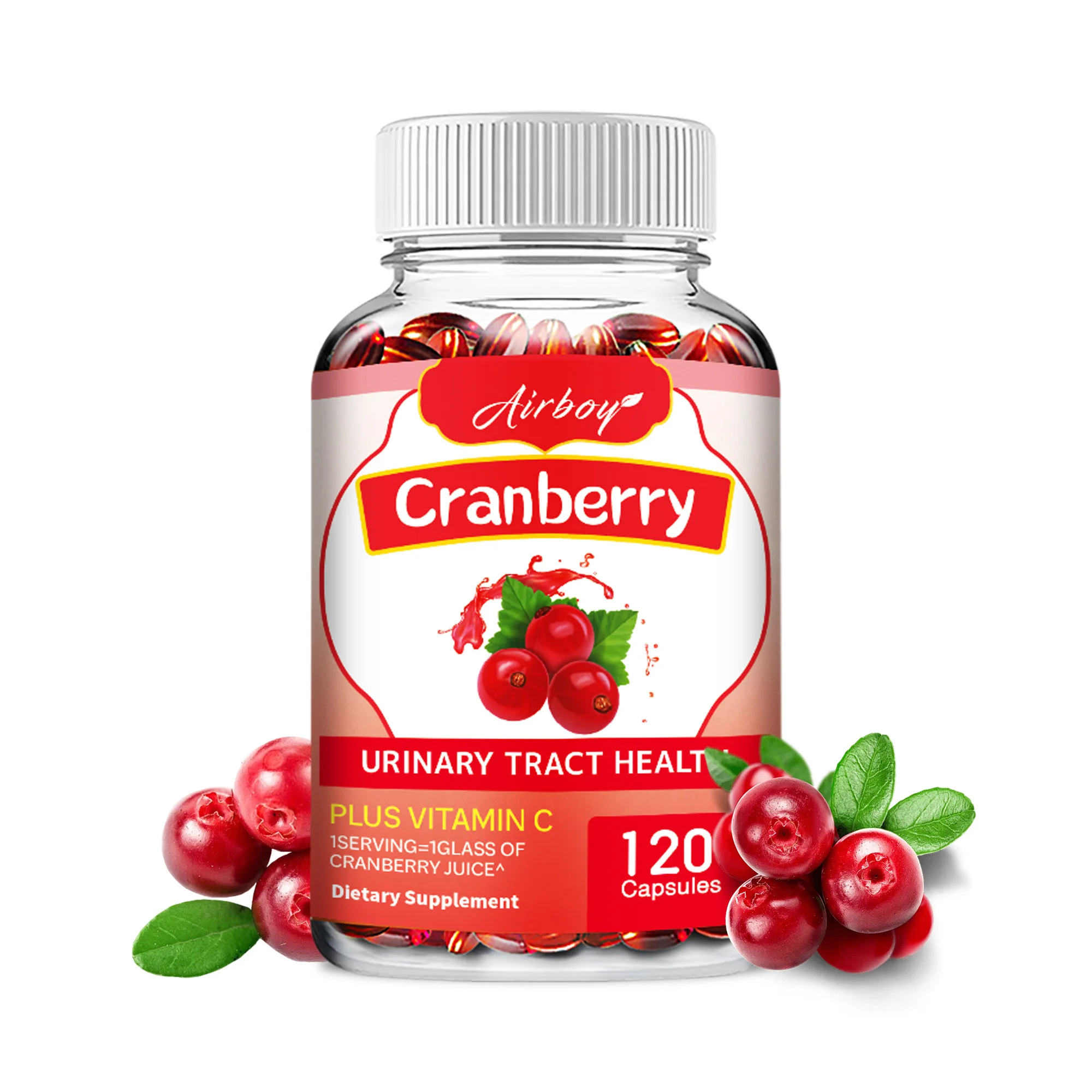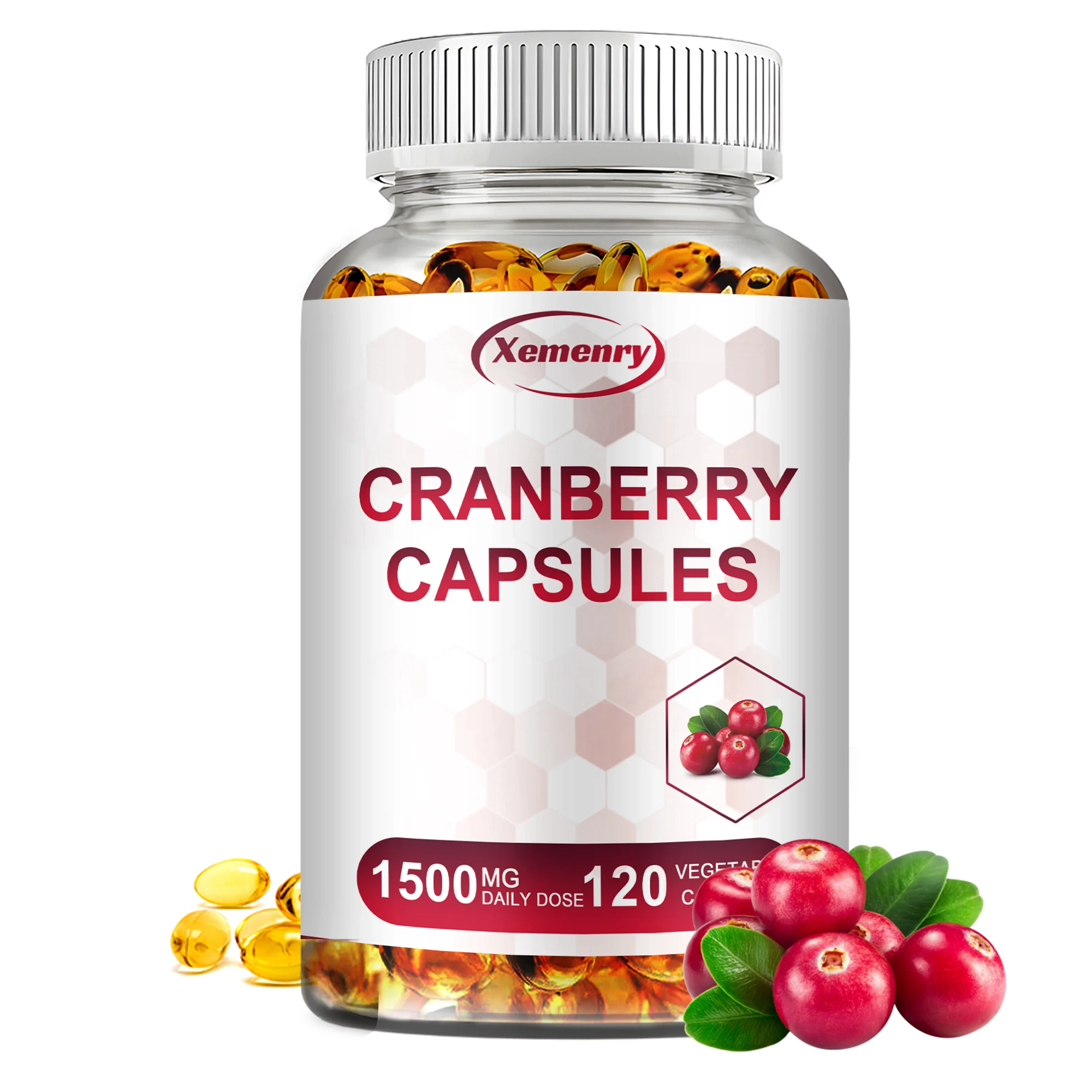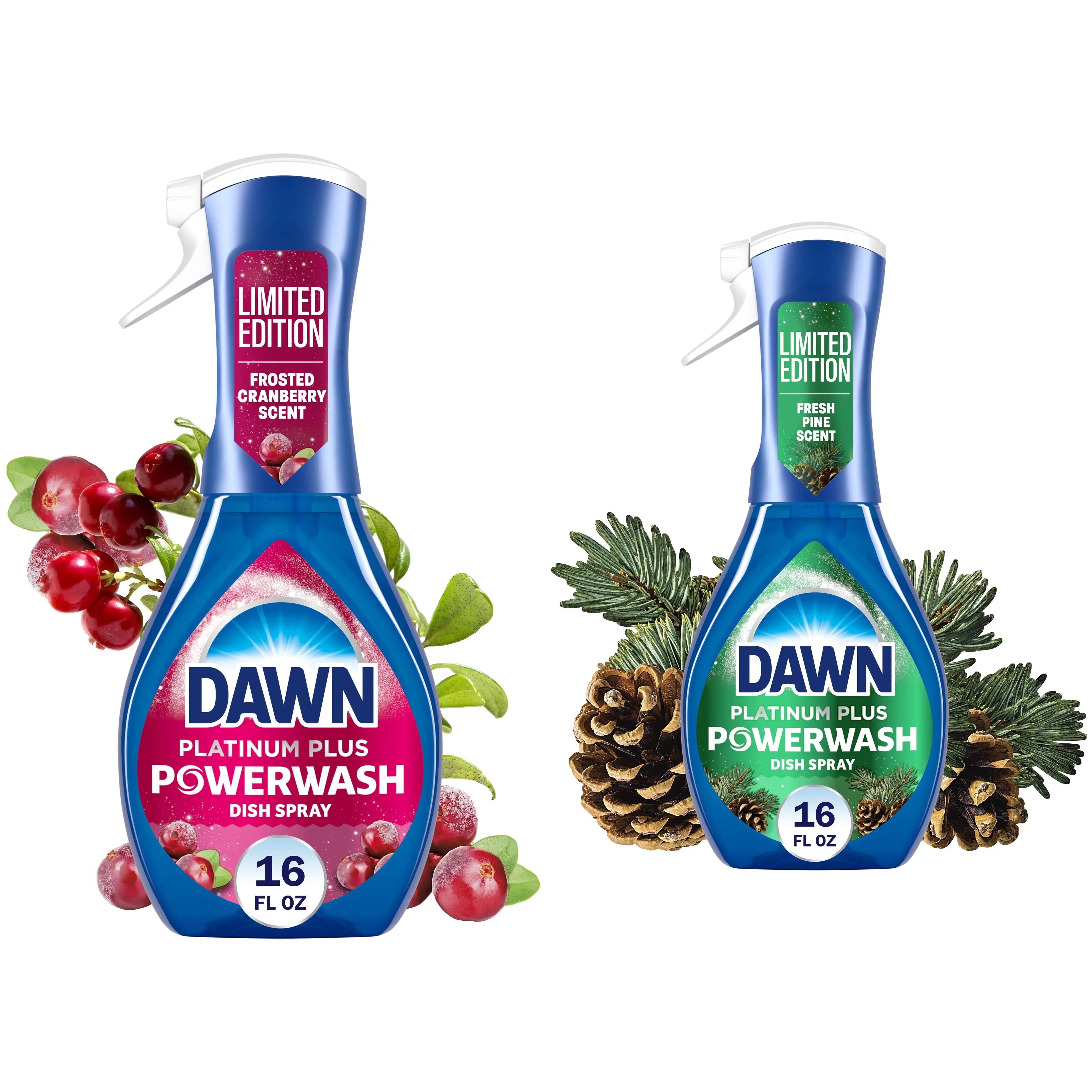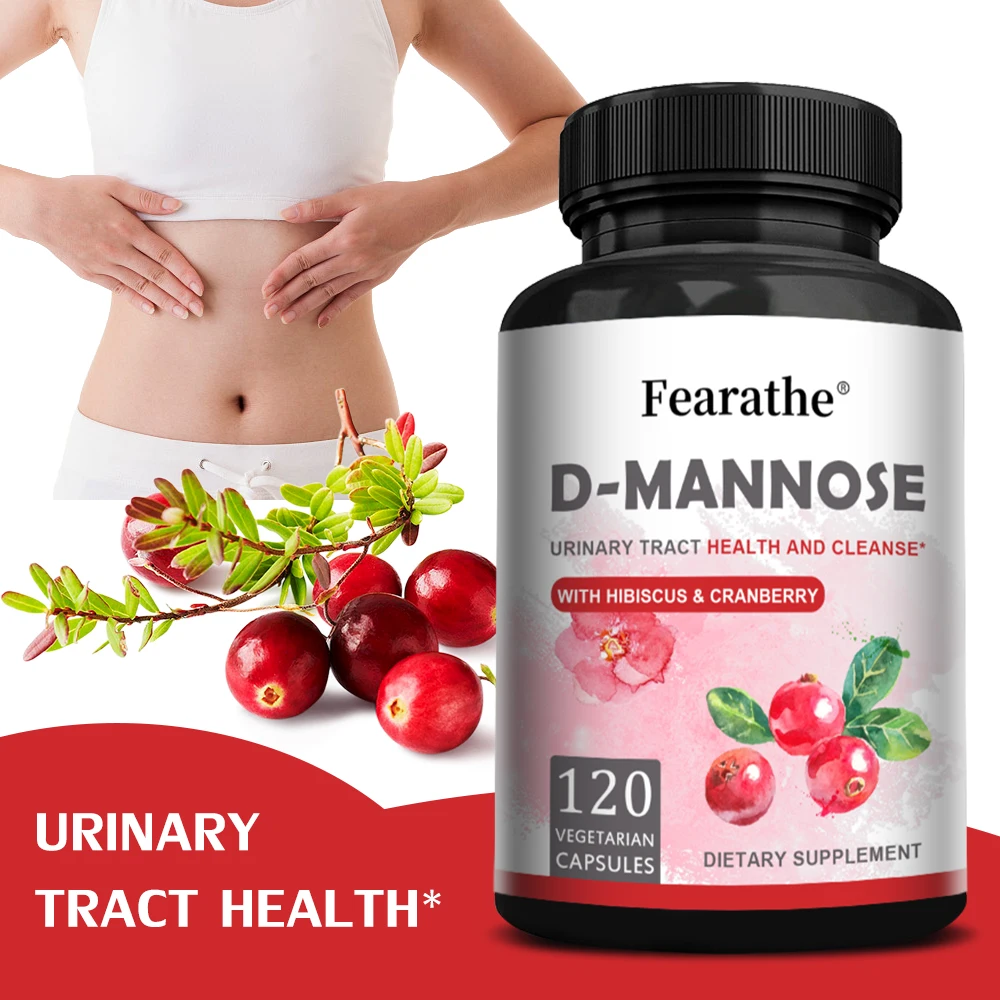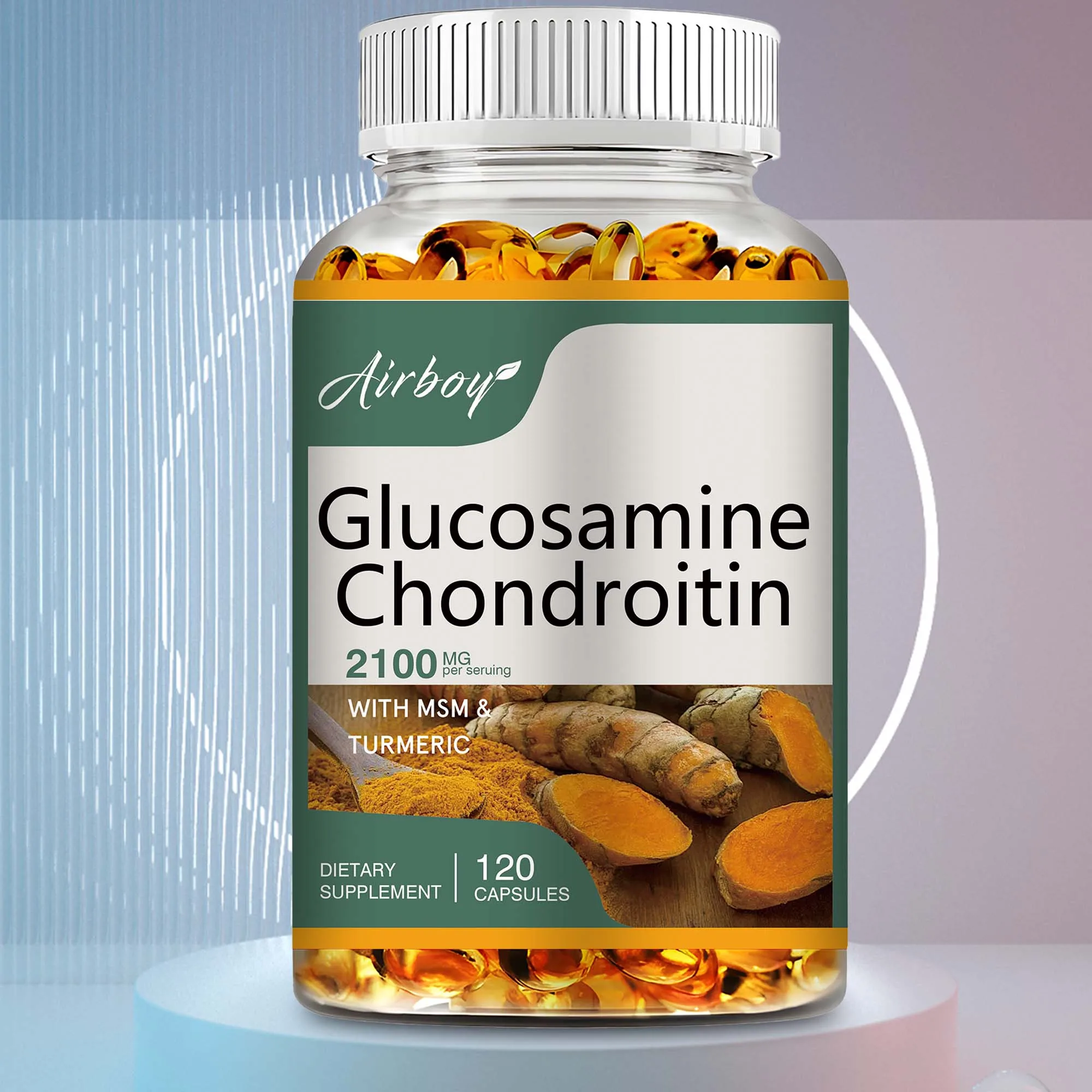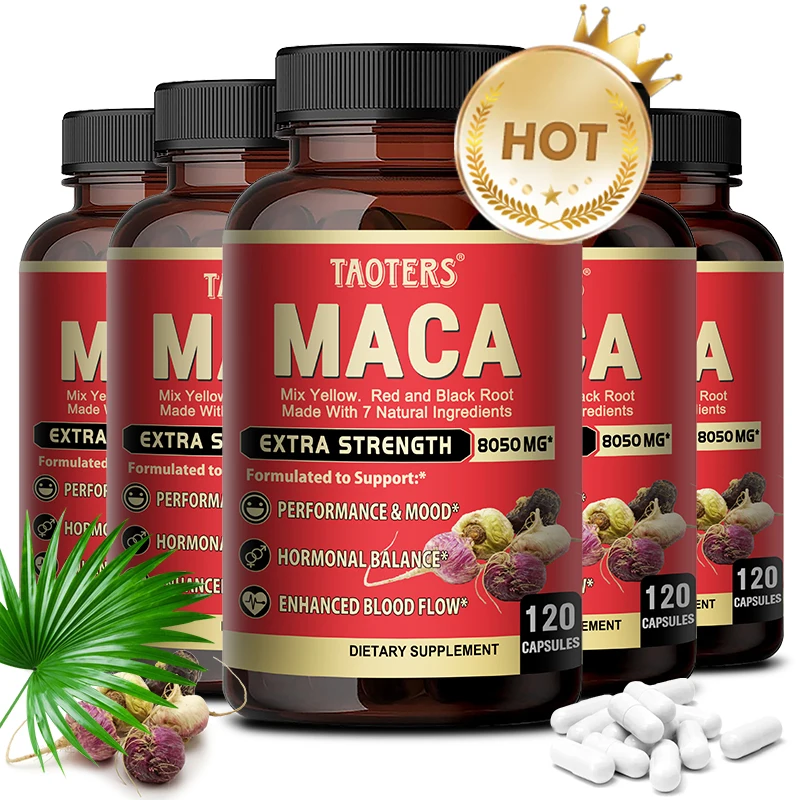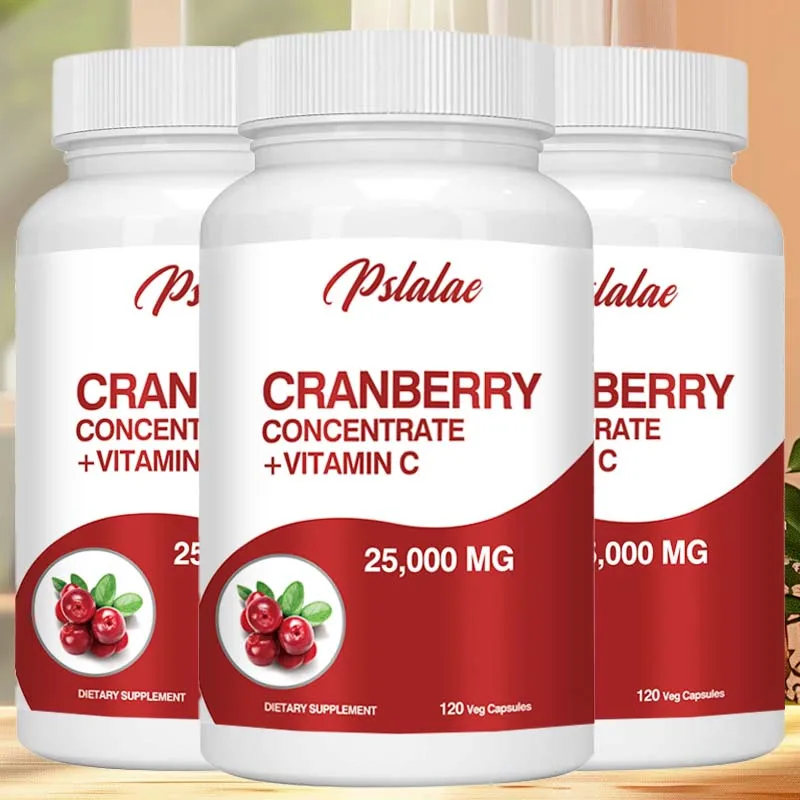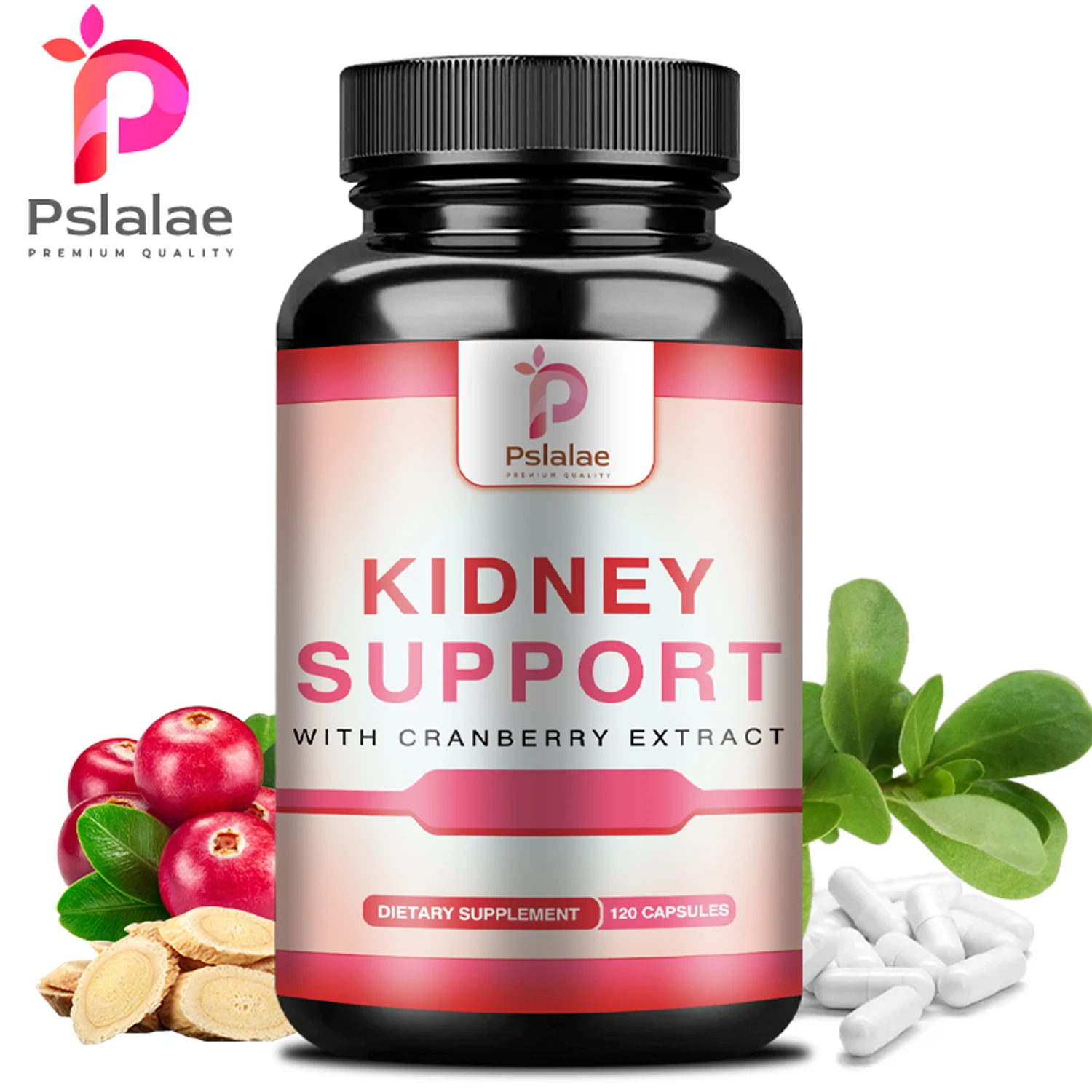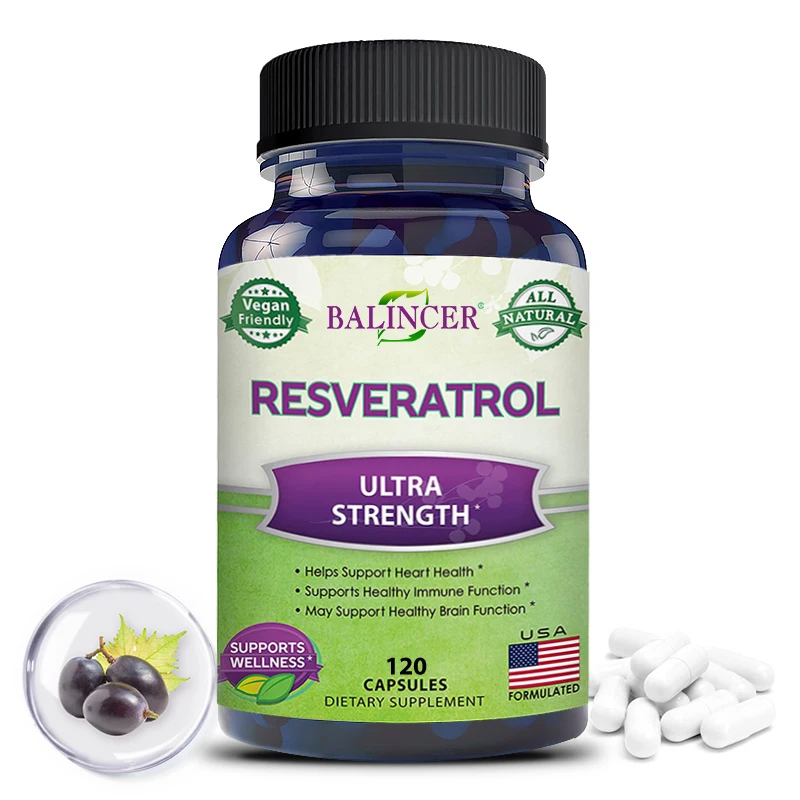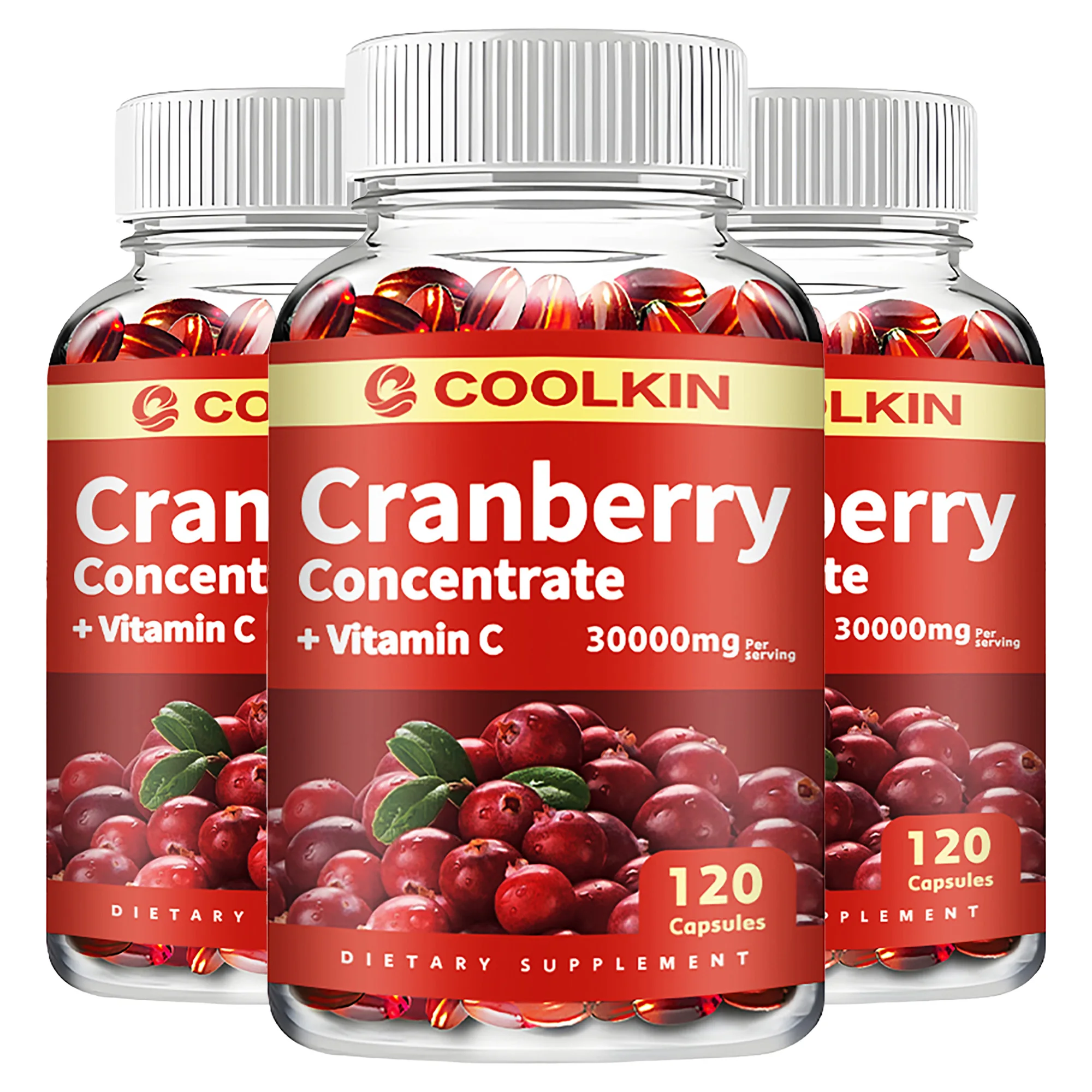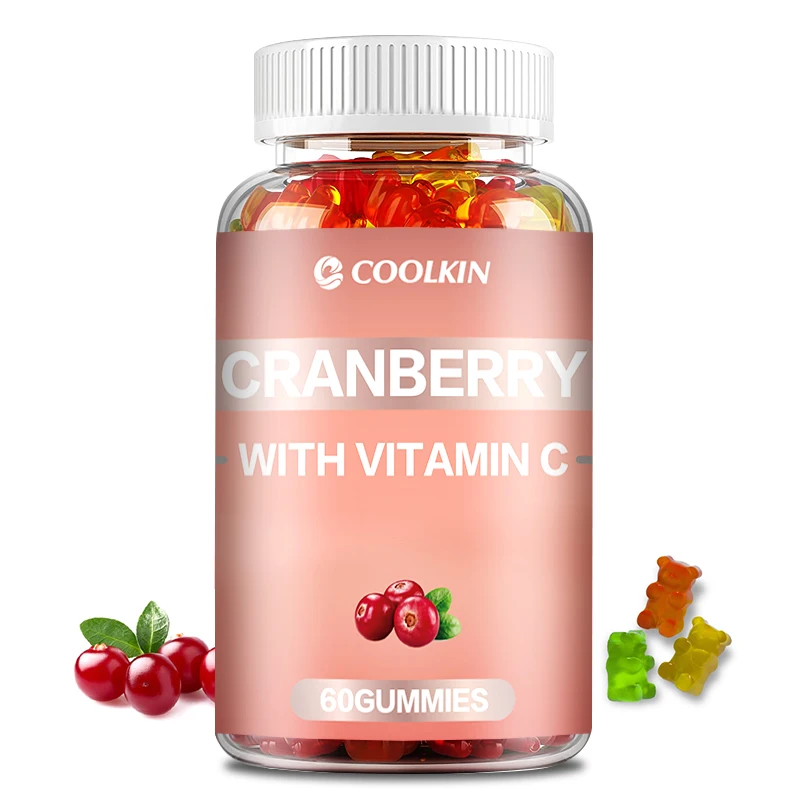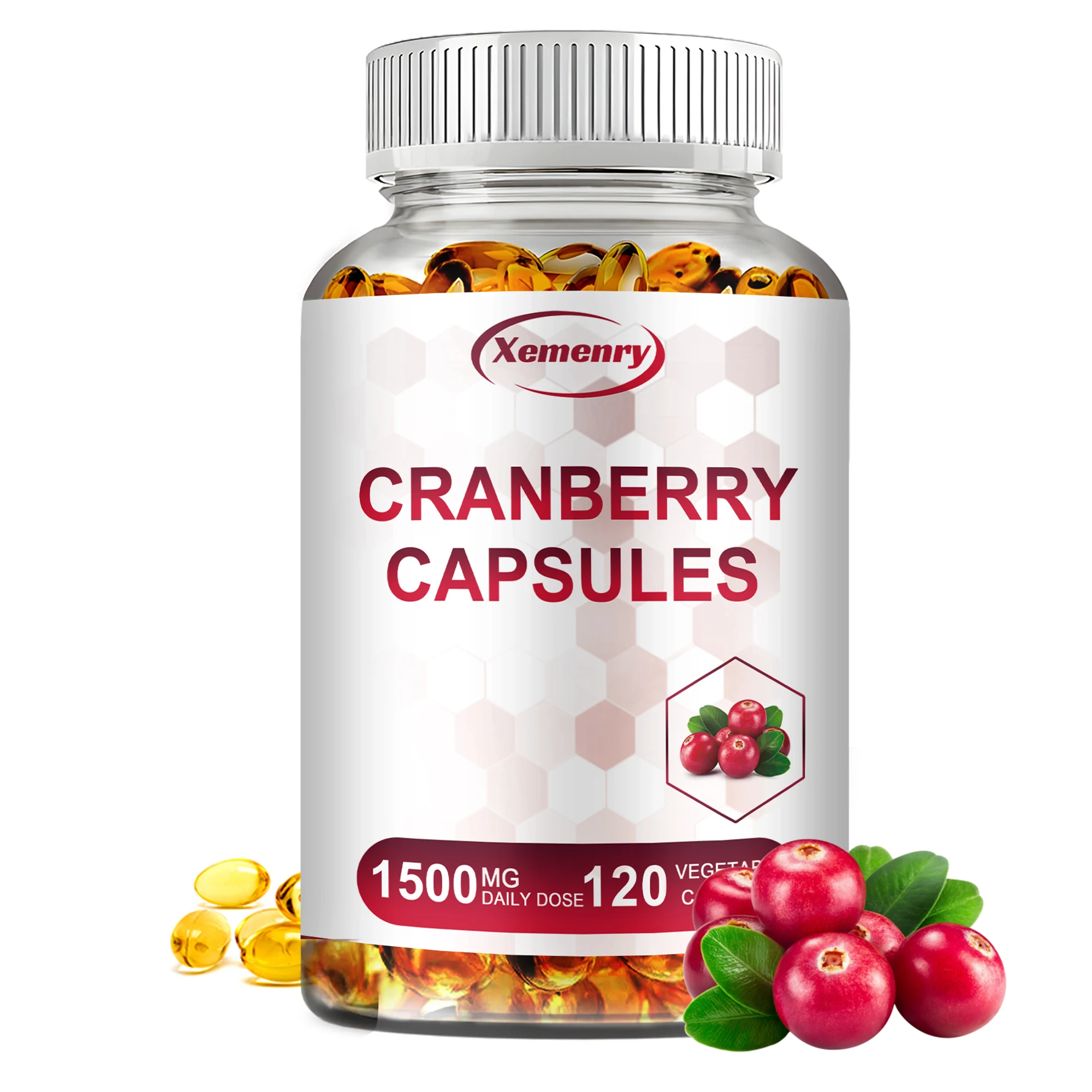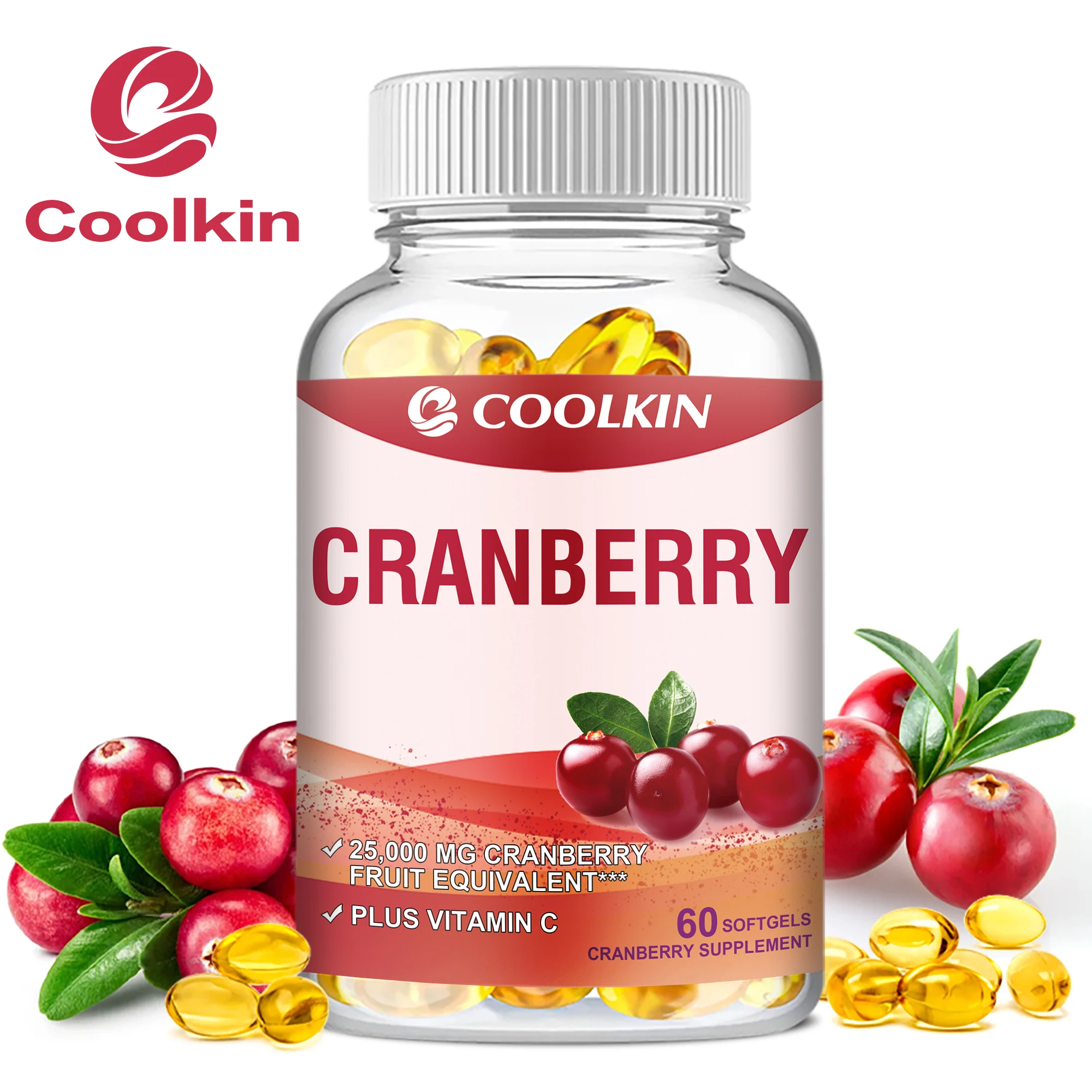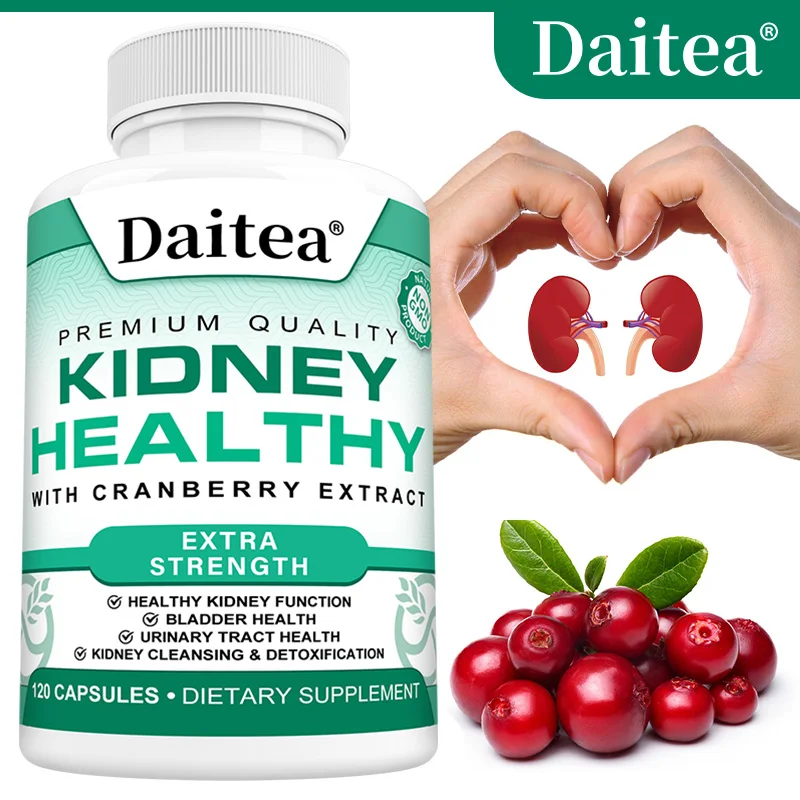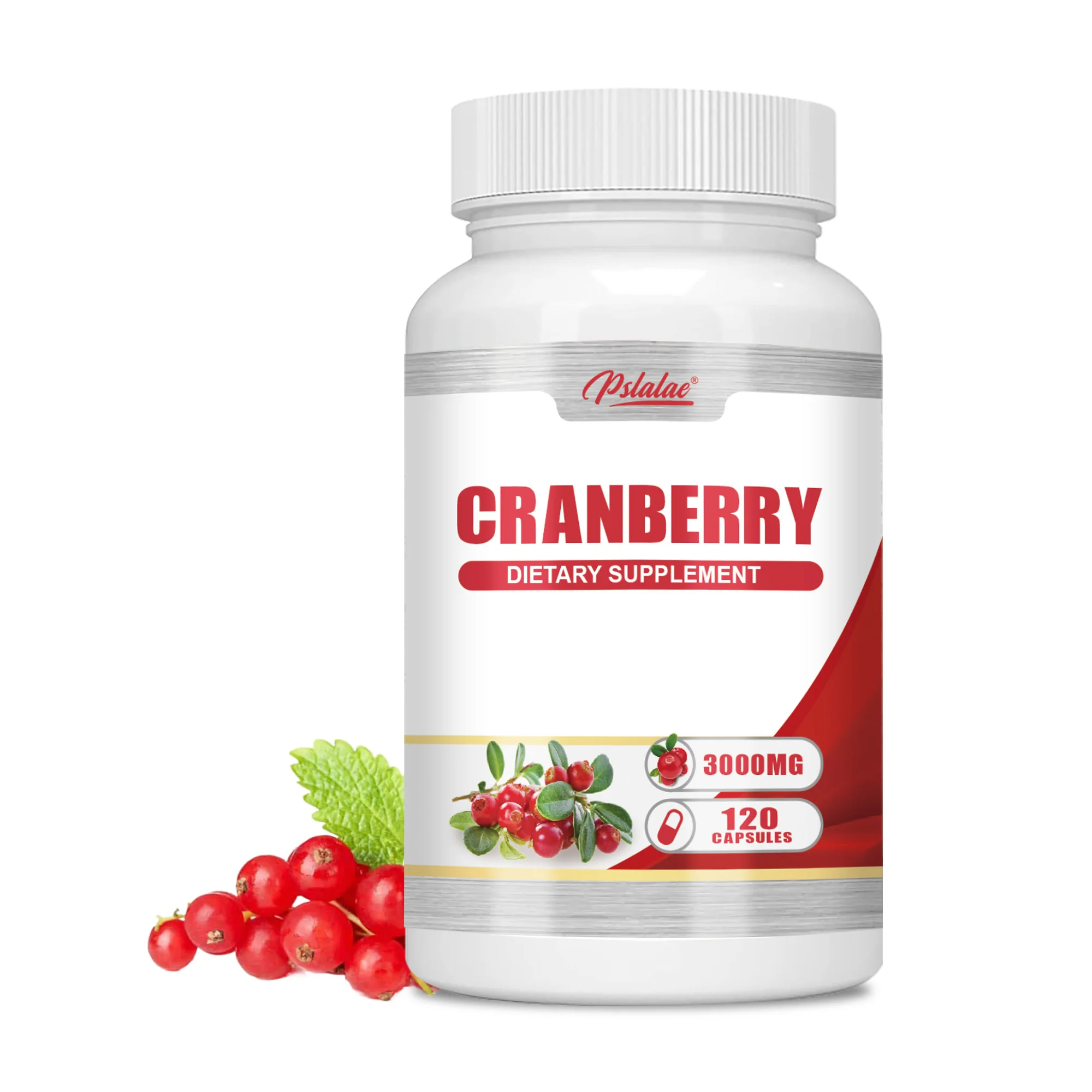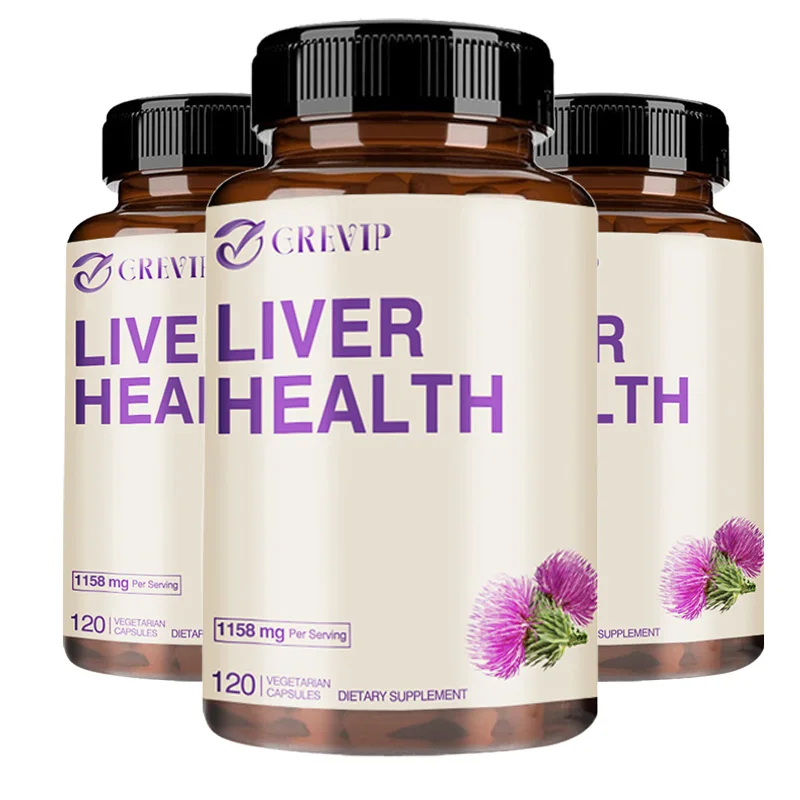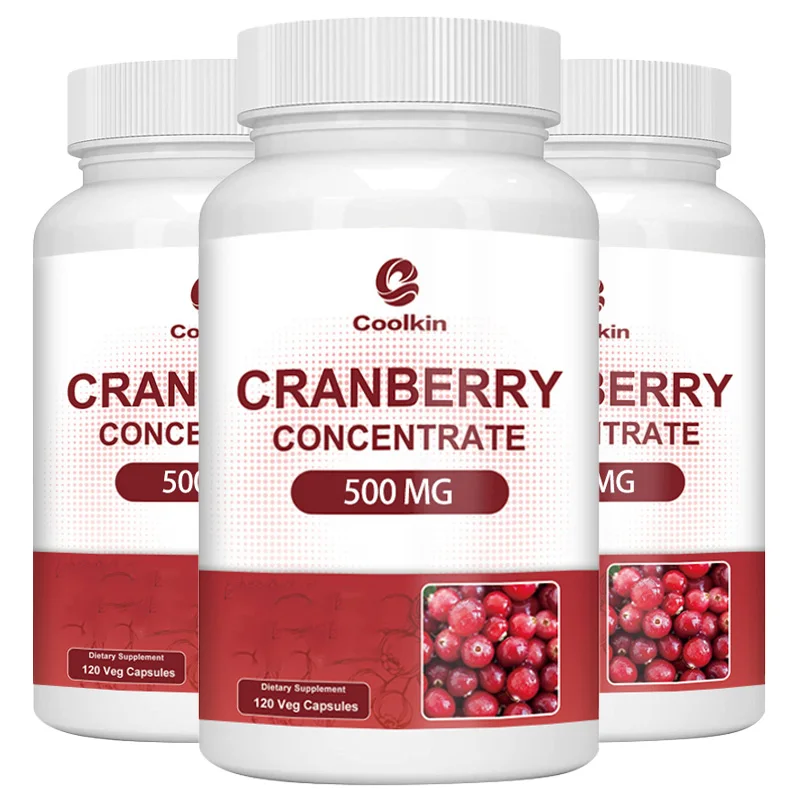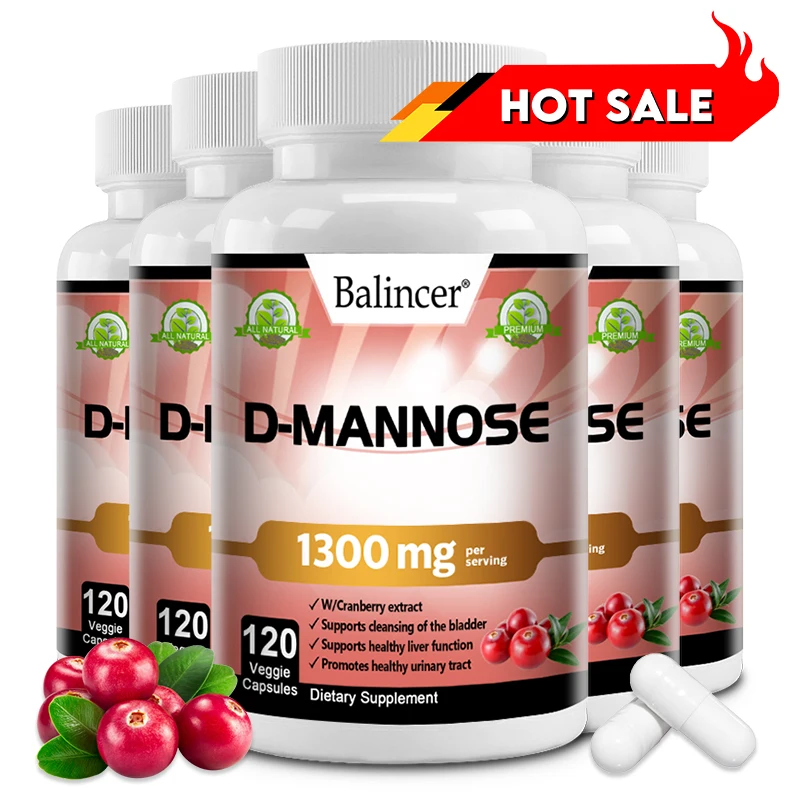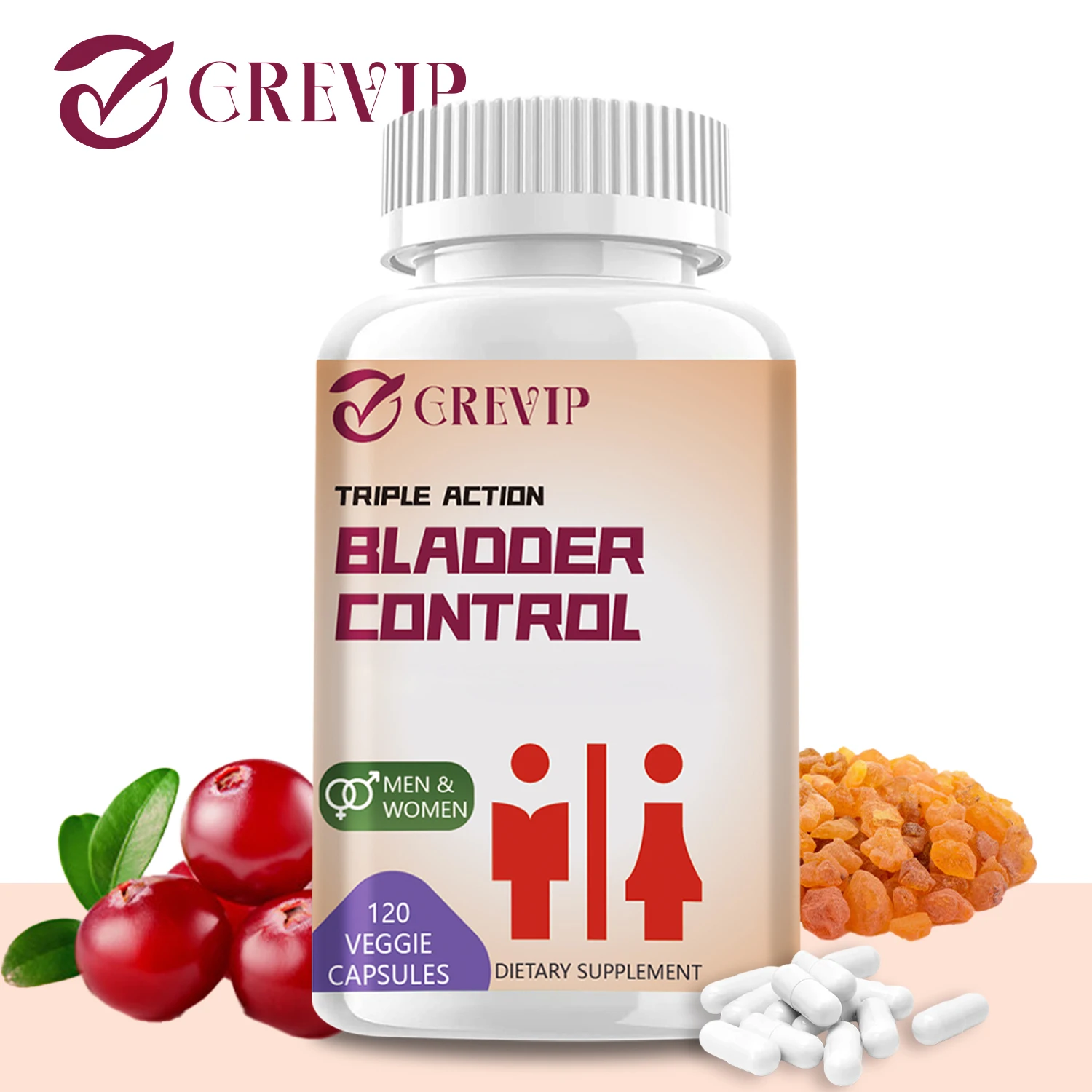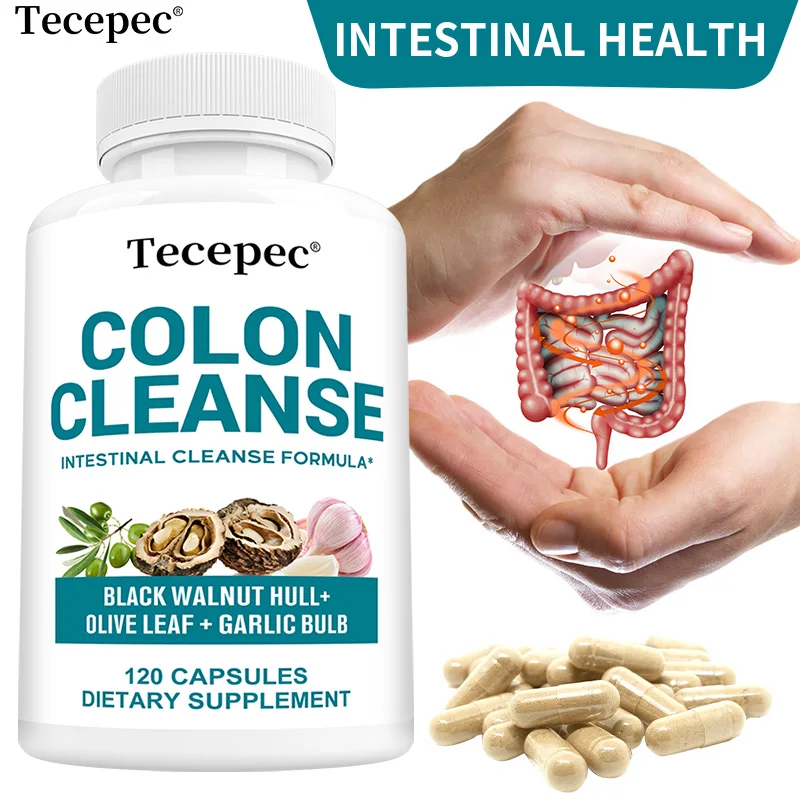Introduction
While often overlooked, zinc is an essential mineral that plays a crucial role in maintaining our overall health and well-being. From supporting our immune system and aiding in growth and development to promoting wound healing, enhancing cognitive function, and contributing to reproductive health, zinc’s impact on our bodies is truly remarkable.
In this article, we will uncover the many reasons why zinc deserves our attention and how we can incorporate this valuable mineral into our daily lives. We’ll explore its numerous health benefits, discover the best dietary sources of zinc, and understand why a balanced approach to zinc consumption is key.
Whether you’re seeking to boost your immune system, improve skin health, support cognitive function, or enhance fertility, zinc has something to offer. But before we dive into the specifics, let’s take a closer look at what zinc is and why it’s essential for our bodies.
So, grab a cup of tea, settle in, and join us on this journey as we unlock the secrets of zinc and uncover how it can contribute to a healthier and more vibrant life. Together, let’s harness the power of nutrition and embrace the incredible benefits of zinc.

The Importance of Zinc for Health and Immunity
When it comes to essential minerals for our health, zinc often flies under the radar. Despite its modest presence in the adult human body, with just 3 grams to its name, the impact of zinc should not be underestimated. This unassuming element is a powerhouse when it comes to supporting our overall well-being. It plays a vital role in more than 300 enzymes, acting as an indirect controller of countless biochemical processes within our bodies.
In this article, we will dive deep into the world of zinc, uncovering why it is crucial to ensure an adequate intake of this remarkable nutrient and the multitude of health benefits it can provide. Surprisingly, statistics show that approximately one-third of the global population fails to consume enough zinc, highlighting the importance of shedding light on this essential mineral.
Throughout our exploration, we will not only discuss the role of zinc in maintaining optimal health but also delve into the specific benefits it offers. From bolstering our immune system to supporting wound healing, enhancing cognitive function, and promoting reproductive health, the advantages of zinc are truly far-reaching.
But how can we ensure that our bodies are properly saturated with this essential mineral? In this article, we will uncover practical tips and strategies to help you incorporate zinc into your daily routine, ensuring you meet your nutritional needs. Whether it’s through dietary choices, supplementation, or mindful consumption, there are various approaches to guaranteeing an adequate zinc intake.
Zinc and its Role in Immune Function
To start, let’s explore why it is beneficial to consume more zinc-rich foods. First and foremost, zinc is an important component for the proper functioning of the immune system. In simple terms, zinc strengthens our immunity. This is because zinc is responsible for the activity of a hormone secreted by the thymus called thymulin. In turn, this hormone stimulates the growth and function of immune cells such as T lymphocytes and natural killer cells, also known as the body’s natural killers.
Zinc’s Impact on Immunity
When it comes to bolstering our immune system, zinc plays a crucial role not only at the cellular level but also in producing specific clinical effects. Scientific research has provided compelling evidence that highlights the significant impact of zinc on our immune function and its potential in preventing and reducing the duration of certain illnesses.
One fascinating aspect of zinc’s role in immunity lies in its ability to regulate various immune cells and processes. Zinc is involved in the development and function of immune cells, including T cells, B cells, natural killer cells, and macrophages. These cells play vital roles in identifying and eliminating pathogens, such as viruses and bacteria, from our bodies.
Interestingly, studies have shown that individuals with zinc deficiency are more susceptible to respiratory tract infections. Zinc supplementation in these individuals has been found to enhance immune responses and reduce the risk and severity of infections. For example, zinc supplementation has been shown to decrease the incidence of acute lower respiratory tract infections in children, particularly in developing countries where zinc deficiency is more prevalent.
Furthermore, zinc has demonstrated its effectiveness in shortening the duration of illnesses, particularly the common cold. Several studies have observed that taking zinc supplements can lead to a reduction in the duration of cold symptoms. Zinc’s antiviral properties are believed to be responsible for this effect, as it can interfere with the replication of cold-causing viruses and inhibit their ability to infect cells.
One interesting scientific fact is that zinc plays a role in regulating the immune system’s inflammatory response. While inflammation is a normal and necessary part of the immune response, excessive or uncontrolled inflammation can lead to tissue damage and contribute to the development of chronic diseases. Zinc helps maintain a balance in the immune response, preventing excessive inflammation and promoting a controlled and effective defense against pathogens.
Additionally, zinc has been found to possess antioxidant properties, further supporting its role in immune health. Oxidative stress, caused by an imbalance between harmful free radicals and antioxidants in the body, can impair immune function and increase susceptibility to infections. As an antioxidant, zinc helps neutralize free radicals and protect immune cells from damage, thereby supporting their optimal functioning.
It’s important to note that while zinc supplementation has shown promising results in certain situations, it is not a magic bullet for immunity. Adequate zinc intake should be achieved through a balanced diet that includes zinc-rich foods such as shellfish, meat, legumes, nuts, and whole grains. As with any nutrient, it is essential to avoid excessive zinc intake, as it can have adverse effects on health.
Recommended Zinc Intake for Boosting Immunity
When it comes to boosting immunity with zinc, there are recommendations regarding the appropriate dosage. In the case of suspected zinc deficiency, it is recommended to consume around 25 to 40 mg per day, even if the daily recommended intake is about 10 mg.
During periods of reduced immunity, it is advisable to consume zinc-rich foods and consider an additional intake of approximately 25 mg.

Maintaining Zinc Balance: The Importance of Moderation
When it comes to reaping the benefits of zinc, moderation is key. While zinc is undoubtedly an essential mineral for our health, it’s crucial to exercise caution and avoid excessive intake. When using high doses of zinc, it is important to remember that more is not always better. In fact, surpassing the recommended dosage for an extended period can have adverse effects on the body.
While zinc plays a vital role in numerous physiological processes, including immune function, growth, wound healing, and cognitive function, it’s important to respect the body’s need for balance. Just like any other nutrient, zinc should be consumed in the right amounts to maintain optimal health.
Exceeding the recommended dosage of zinc supplements or prolonged use of high doses can lead to zinc toxicity, also known as zinc overload. Symptoms of zinc toxicity can include nausea, vomiting, diarrhea, abdominal cramps, and headaches. Long-term excessive zinc intake can interfere with the absorption of other essential minerals like copper and iron, disrupting their balance within the body.
To ensure we maintain a healthy zinc balance, it is essential to follow the recommended daily intake guidelines provided by reputable health authorities. These guidelines take into account the age, sex, and specific needs of individuals. It is important to note that the recommended daily intake of zinc varies depending on factors such as age, sex, pregnancy or lactation, and certain medical conditions. Consulting with a healthcare professional or registered dietitian can provide personalized guidance on the appropriate zinc intake for your specific circumstances.

Zinc and Growth: Vital for Development, Especially in Children
Another health aspect related to zinc is its impact on growth and development, particularly in children.
Zinc plays a significant role in developmental processes, protein synthesis, and cell division.
Zinc deficiency in children can lead to delayed growth, developmental disorders, and a weakened immune system.
Therefore, it is crucial for children to receive an adequate amount of zinc through a balanced diet or supplementation, as advised by a physician.

Zinc’s Role in Tissue Regeneration and Wound Healing
Zinc’s favorable action also extends to tissue regeneration and wound healing. This element is essential for the proper functioning of skin cells and mucous membranes and is a vital component of collagen, the protein responsible for skin elasticity and firmness.
Additionally, zinc exhibits anti-inflammatory properties, contributing to the reduction of skin inflammation and accelerating the wound-healing process.
Promoting wound healing is one of the remarkable roles that zinc plays in the body. Its involvement in cell division and tissue growth makes it a crucial element for the repair and regeneration of damaged skin. Specifically, zinc aids in collagen synthesis, a process vital for the formation of new skin tissue during wound healing.
Collagen, the most abundant protein in the body, provides structure, strength, and support to tissues. Zinc acts as a cofactor for enzymes involved in collagen synthesis, facilitating the production of this essential protein. By promoting collagen formation, zinc helps in the formation of granulation tissue, which fills the wound and promotes wound closure.
Furthermore, zinc’s role in cell division is crucial for the multiplication of skin cells necessary for the healing process. It supports the replication of cells involved in tissue repair and replaces damaged cells with healthy ones. This accelerated cell division helps speed up the wound-healing process, reducing the time required for complete recovery.
In addition to its contribution to cell division and collagen synthesis, zinc also possesses antimicrobial properties. It helps prevent infection by enhancing immune function and supporting the body’s defense mechanisms. By reducing the risk of bacterial colonization in the wound, zinc aids in maintaining a sterile environment that is conducive to healing.
Incorporating zinc-rich foods into your diet can potentially provide the necessary levels of this essential mineral to support wound healing. Shellfish, especially oysters, are notable sources of zinc. Other dietary sources include red meat, poultry, legumes, nuts, seeds, whole grains, and dairy products. By consuming these foods, you can ensure an adequate intake of zinc, enabling the body to utilize this mineral for effective wound healing.

Zinc’s Influence on Brain Function
Zinc’s influence extends beyond physical health to encompass crucial aspects of brain function. Numerous studies have shed light on the significance of zinc in maintaining proper cognitive abilities and overall brain health. Insufficient zinc levels have been associated with cognitive impairments, memory problems, mood disturbances, and reduced concentration. Therefore, ensuring an adequate intake of zinc is essential for optimal brain function and cognitive well-being.
One of the key roles of zinc in the brain is its involvement in the regulation of neurotransmitters, which are chemical messengers that facilitate communication between brain cells. Zinc acts as a cofactor for enzymes involved in the synthesis and release of neurotransmitters, such as dopamine, serotonin, and glutamate. These neurotransmitters play pivotal roles in various cognitive processes, including memory formation, learning, mood regulation, and attention.

Moreover, zinc is essential for maintaining the structural integrity of brain cells and supporting their overall health. It plays a vital role in protecting neurons from oxidative stress, which is known to contribute to age-related cognitive decline and neurodegenerative disorders. Zinc’s antioxidant properties help neutralize harmful free radicals and reduce oxidative damage, thereby promoting brain health and potentially preventing cognitive decline.
Research has shown promising results regarding the cognitive benefits of zinc supplementation, particularly in older individuals. Studies have suggested that zinc supplementation may improve memory, attention, and cognitive performance in older adults. Furthermore, zinc’s potential role in reducing the risk of neurodegenerative diseases, such as Alzheimer’s disease, has attracted scientific interest, although further research is needed to establish definitive conclusions.
To ensure an adequate intake of zinc for optimal brain function, incorporating zinc-rich foods into the diet is recommended. Food sources such as oysters, beef, poultry, beans, nuts, whole grains, and dairy products provide significant amounts of zinc. By including these foods in a balanced diet, individuals can support their brain health and cognitive abilities.

Zinc for Hair, Nails, and Vision Health
Zinc’s importance extends beyond its role in overall health and immune function, encompassing the health of our hair, nails, and vision. Adequate zinc intake is essential for maintaining the vitality and appearance of our hair and nails, as well as supporting optimal vision.
One of the significant impacts of zinc on our hair and nails is its influence on keratin production. Keratin is a protein that serves as the building block for hair and nails, contributing to their strength, structure, and growth. Zinc plays a vital role in the synthesis and maturation of keratin, ensuring the proper formation and maintenance of healthy hair and nails.
A deficiency in zinc can lead to various hair and nail problems. Insufficient zinc levels may contribute to hair loss, thinning hair, dullness, and brittleness. Nails may become weak, brittle, and prone to splitting or breaking. By maintaining adequate zinc levels through proper nutrition or supplementation, individuals can promote the health and resilience of their hair and nails.
In addition to its influence on hair and nails, zinc is crucial for maintaining good vision. The eye’s retina, located at the back of the eye, is responsible for capturing light and transmitting visual signals to the brain. Zinc is highly concentrated in the retina and plays a pivotal role in supporting its structure and function.
Zinc is involved in the metabolism of vitamin A, a vital nutrient for vision. It assists in the conversion of vitamin A into its active form within the retina, contributing to the production of visual pigments necessary for proper eyesight. Adequate zinc levels help protect the retina from oxidative stress and maintain its integrity, reducing the risk of age-related macular degeneration (AMD) and other vision-related conditions.
To promote healthy hair, nails, and vision, incorporating zinc-rich foods into the diet is essential.
Shellfish, such as oysters, are particularly rich in zinc, providing a significant amount of this essential mineral. Other dietary sources of zinc include red meat, poultry, legumes, nuts, seeds, whole grains, and dairy products. By including these foods in a balanced diet, individuals can ensure an adequate zinc intake to support the health and vitality of their hair, nails, and vision.

Exploring Additional Benefits of Zinc
Apart from its crucial role in supporting immune function and growth, zinc is involved in several other vital processes within the body. Let’s explore some additional benefits of zinc.
Nurturing Skin Health: Zinc’s Anti-inflammatory Properties and Acne Management
Zinc is known for its positive effects on skin health. It has anti-inflammatory properties that can help manage acne and other inflammatory skin conditions. Additionally, zinc supports the production of oil-fighting enzymes and regulates the activity of hormones involved in acne formation. Including zinc-rich foods in your diet may contribute to clearer and healthier skin.
Essential for Eye Health: Zinc’s Role in Vision and Protection against AMD
Adequate zinc intake is essential for maintaining good eye health. It is found in high concentrations in the retina and is involved in the metabolism of vitamin A, a vital nutrient for vision. Zinc helps protect the eyes from oxidative damage and age-related macular degeneration (AMD), a leading cause of vision loss in older adults.
Supporting Cognitive Function: Zinc’s Impact on Memory, Learning, and Attention
Zinc is involved in various cognitive processes, including memory formation, learning, and attention. It supports the brain’s communication through neurotransmitters and is important for overall cognitive function. Some studies have shown that zinc supplementation may improve cognitive performance, particularly in children and older adults.
Vital for Fertility and Reproductive Health: Zinc’s Contribution to Reproduction
Zinc plays a critical role in reproductive health for both men and women. In men, zinc is involved in sperm production and quality, while in women, it contributes to the development and maturation of eggs. Adequate zinc levels are crucial for fertility and may help improve reproductive outcomes.
Enhancing Taste and Smell Sensation: Zinc’s Role in Sensory Perception
Zinc is necessary for the proper function of taste and smell receptors. It helps maintain the sensitivity of these senses and contributes to the perception of flavors and aromas. Zinc deficiency can lead to a reduced ability to taste and smell, affecting the overall enjoyment of food.

Dietary Sources of Zinc and Considerations for Supplementation
Now that we understand the health benefits of sufficient zinc intake, let’s explore the foods where they can be found.
As mentioned earlier, zinc is primarily present in animal-based products such as meat (especially red meat), fish, seafood, eggs, and dairy products.
Where to find Zinc?
While there are various zinc supplements available on the market, obtaining this essential mineral through whole foods is often the preferred approach due to the additional nutrients and dietary fiber they provide.

Shellfish: Rich and Varied Sources of Zinc
Shellfish, such as oysters, crab, and shrimp, are among the richest sources of zinc. Oysters, in particular, stand out as a superstar, containing a significant amount of zinc per serving.

Meat: Red Meat as a Zinc Powerhouse
Red meat, especially beef and lamb, is another excellent source of zinc. However, it’s important to opt for lean cuts and consume meat in moderation as part of a balanced diet.

Poultry: Zinc from Lean Poultry Choices
Chicken and turkey are good sources of zinc. Removing the skin and opting for lean cuts like breast meat can help reduce saturated fat intake.

Legumes: Zinc and Fiber in Plant-Based Sources
Legumes like chickpeas, lentils, and beans not only provide a healthy dose of dietary fiber and plant-based protein but also contain zinc. They are an excellent choice for vegetarians and vegans looking to incorporate zinc into their diets.

Nuts and Seeds: Tasty and Nutrient-Rich Zinc Sources
Various nuts and seeds, including pumpkin seeds, sesame seeds, cashews, and almonds, contain zinc. Snacking on a handful of these nutrient-rich foods can be a tasty way to boost your zinc intake.

Whole Grains: Moderate Levels of Zinc with Additional Benefits
Whole grains like wheat, rice, and oats contain moderate levels of zinc. Choosing whole grain products over refined grains can provide additional health benefits, including fiber and other essential nutrients.

Dairy Products: Zinc in Calcium-Rich Foods
Dairy products such as milk, cheese, and yogurt contain zinc. Opting for low-fat or skim options can help minimize saturated fat intake.

Dark Chocolate: Zinc in a Sweet Treat
Good news for chocolate lovers! Dark chocolate with a high cocoa content is not only delicious but also provides small amounts of zinc. Remember to choose chocolate with a low sugar content to reap its nutritional benefits.
Plant-based sources of zinc include nuts, seeds, whole grains, as well as some vegetables and fruits.

Zinc’s Antioxidant Properties: Safeguarding Against Free Radicals
In addition to its various roles in the body, zinc possesses notable antioxidant properties that contribute to safeguarding against the damaging effects of free radicals. Free radicals are highly reactive molecules that can cause oxidative stress, leading to cellular damage and the development of chronic diseases.
Zinc acts as an antioxidant by counteracting the harmful effects of free radicals. It does so by donating electrons or stabilizing these unstable molecules, thereby reducing their reactivity and potential to cause damage. By neutralizing free radicals, zinc helps protect cells from oxidative stress and supports the overall health and well-being of the body.
Oxidative stress occurs when the balance between the production of free radicals and the body’s antioxidant defenses is disrupted. Factors such as exposure to environmental pollutants, UV radiation, smoking, and poor diet can increase the production of free radicals in the body. Over time, this imbalance can lead to cellular damage and contribute to the development of chronic diseases, including cardiovascular disease, cancer, and the aging process.
By bolstering the body’s antioxidant defenses, zinc helps mitigate the harmful effects of free radicals and reduce the risk of oxidative stress-related damage. Its antioxidant properties play a crucial role in maintaining cellular health, supporting the immune system, and promoting longevity.
Including zinc-rich foods in your diet is an effective way to support antioxidant activity and protect against free radicals. Shellfish, red meat, poultry, legumes, nuts, seeds, whole grains, and dairy products are all excellent dietary sources of zinc. By incorporating these foods into a balanced diet, individuals can ensure an adequate intake of zinc and other essential nutrients to promote optimal antioxidant defense.

Zinc as Part of a Holistic Approach to Wellness
While zinc offers numerous health benefits, it is essential to recognize that it is not a standalone solution for optimal well-being. Adopting a holistic approach to wellness, which encompasses various lifestyle factors, is crucial for achieving overall health and vitality. Zinc should be considered as one piece of the puzzle within this broader context.
Maintaining a balanced diet that includes a variety of nutrient-rich foods is key. Alongside zinc, other essential vitamins, minerals, and macronutrients work synergistically to support the body’s functions. Incorporating a diverse range of fruits, vegetables, whole grains, lean proteins, and healthy fats ensures a comprehensive array of nutrients that promote overall health.
Engaging in regular physical activity is another vital aspect of a holistic wellness approach. Exercise not only enhances cardiovascular health, strength, and flexibility but also contributes to mental well-being and stress reduction. Combining regular physical activity with zinc-rich foods creates a powerful combination for supporting immune function, promoting healthy hair, nails, and skin, and maintaining cognitive health.
Prioritizing sleep is equally important in a holistic approach to wellness. Quality sleep is essential for the body to repair and rejuvenate. It supports immune function, cognitive performance, mood regulation, and overall vitality. While zinc can contribute to a well-functioning sleep-wake cycle, establishing healthy sleep habits and creating a conducive sleep environment are essential for achieving restful and restorative sleep.
In addition to diet, exercise, and sleep, managing stress levels is a fundamental aspect of holistic well-being. Chronic stress can negatively impact various aspects of health, including immune function, cognitive performance, and emotional well-being. Incorporating stress-reducing practices such as mindfulness meditation, yoga, deep breathing exercises, or engaging in hobbies and activities that bring joy can help promote balance and resilience.
Factors Affecting Zinc Absorption and Enhancement Strategies
Factors influencing zinc absorption in the body should be taken into consideration to ensure optimal zinc levels. Phytates, naturally occurring compounds present in certain plant-based foods like whole grains and legumes, can hinder the absorption of zinc. These phytates bind to zinc and form complexes that are less available for absorption in the digestive system.
To enhance zinc absorption from phytate-rich foods, various strategies can be employed. Soaking grains and legumes before cooking can help reduce phytate levels, making the zinc more accessible for absorption. Fermenting foods, such as sourdough bread or fermented soy products like tempeh, can also break down phytates and improve zinc absorption.
Another method to enhance zinc absorption is through sprouting. Sprouting grains, legumes, or seeds activates enzymes that break down phytates, making zinc more bioavailable. Incorporating sprouted foods into your diet, such as sprouted beans, lentils, or seeds, can increase the absorption of zinc and other nutrients.
Furthermore, pairing zinc-rich foods with sources of vitamin C can enhance zinc absorption. Vitamin C has been found to increase the solubility of zinc, improving its uptake in the body. Including citrus fruits, strawberries, bell peppers, or leafy green vegetables alongside zinc-containing foods can facilitate better zinc absorption.
Apart from dietary factors, certain physiological and health-related factors can also influence zinc absorption. For instance, individuals with gastrointestinal disorders like Crohn’s disease or celiac disease may have impaired zinc absorption due to intestinal inflammation or damage. In such cases, working with a healthcare professional to manage the underlying condition is important to support adequate zinc absorption.
It’s worth noting that excessive consumption of other minerals, such as calcium and iron, can also interfere with zinc absorption.
Therefore, it’s crucial to maintain a balanced intake of these minerals and avoid excessive supplementation that may disrupt the delicate balance of mineral absorption in the body.
Enhancing Zinc Absorption: Combining Sources and Vitamin C
I’ll tell you this way – the bioavailability of zinc from different food sources can vary.
Animal-based sources of zinc, such as meat and seafood, are generally more readily absorbed and utilized by the body compared to plant-based sources.
This is due to the presence of certain compounds and factors in animal-based foods that facilitate zinc absorption.
However, for individuals following a vegetarian or vegan diet, it is still possible to optimize zinc absorption from plant-based sources.
One effective strategy is to combine plant-based sources of zinc with foods rich in vitamin C.
Vitamin C has been shown to enhance the absorption of non-heme iron, another mineral that shares similar absorption mechanisms with zinc.
When consumed together, foods high in vitamin C can improve the solubility and availability of zinc in the digestive system, promoting its absorption. This combination can be particularly beneficial for individuals relying mainly on plant-based sources of zinc.
There are various plant-based foods rich in both zinc and vitamin C that can be included in the diet. For example, legumes like chickpeas or lentils are good sources of zinc, and pairing them with vitamin C-rich foods like citrus fruits, tomatoes, or bell peppers can enhance zinc absorption. Additionally, leafy green vegetables, such as spinach or kale, provide both zinc and vitamin C.
It’s important to note that the timing of consuming zinc-rich foods with vitamin C-rich foods can also impact absorption. Consuming them together during a meal is generally recommended to maximize the potential synergistic effect.
Furthermore, diversifying the sources of zinc in the diet can contribute to overall zinc intake and absorption. Combining different plant-based sources, such as whole grains, nuts, and seeds, can provide a range of nutrients and increase the likelihood of obtaining adequate zinc levels.
While combining sources and including vitamin C-rich foods can enhance zinc absorption, it’s essential to maintain a well-rounded and balanced diet that meets all nutritional needs. Considering factors that affect zinc absorption, such as phytates in plant-based foods or interactions with other minerals, is also important for optimizing zinc availability.

Conclusion
In conclusion, zinc is an indispensable mineral that plays a vital role in numerous physiological processes within our bodies. From supporting our immune system and promoting growth to aiding in wound healing, maintaining skin health, supporting cognitive function, and contributing to fertility and reproductive health, zinc’s benefits are wide-ranging and impactful.
While zinc supplements are available, obtaining this essential mineral through a balanced diet is often preferred as it provides additional nutrients and dietary fiber. By incorporating zinc-rich foods such as shellfish, lean meats, legumes, nuts and seeds, whole grains, dairy products, and even dark chocolate into our daily meals, we can ensure an adequate intake of zinc.
It’s important to note that zinc should be viewed as part of a holistic approach to wellness, and maintaining a balanced lifestyle and varied diet is crucial. Additionally, it’s worth considering that excessive zinc intake can have adverse effects and interfere with the absorption of other essential minerals. Therefore, it’s best to obtain zinc through a varied diet rather than relying solely on supplements.
So, let’s celebrate the power of nutrition and embrace the goodness of zinc and other vital nutrients. By nourishing ourselves with zinc-rich foods and maintaining a balanced diet consisting of a variety of whole foods, we can optimize our health, well-being, and overall vitality.
Remember, every nutrient matters, and zinc is certainly one that deserves attention and incorporation into our daily lives. So, let’s take a step towards optimal health and enjoy the numerous benefits that zinc has to offer.
Here’s to a healthier, more vibrant life fueled by the power of zinc and the goodness of a well-balanced diet!
















